It can be daunting packing for a winter trip to the Arctic, especially when it’s your first time! I’ve visited Arctic destinations like Finland and Iceland during the winter months, as well as extremely cold places like the Canadian Rockies and Colorado. During those trips, I have learned what clothing does and doesn’t work and which items are the most essential. In this post, I am sharing my recommended packing list for a winter trip to the Arctic, including tips and advice for being adequately prepared for the extreme weather!
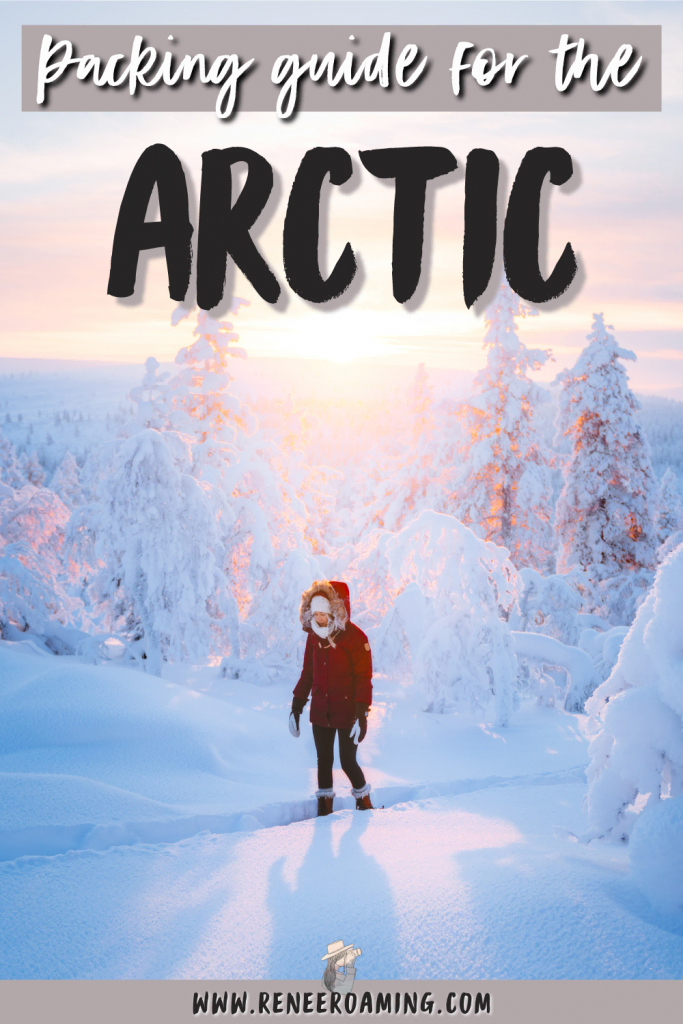
This blog post is in collaboration with Backcountry.com – my go-to retailer for purchasing clothing and gear. They offer fast shipping options, easy returns, 24/7 advice from their amazing Gearheads, and they support incredible causes like The Nature Conservancy. Backcountry has also kindly offered my readers 15% off first-time online orders using code RENEE15!
Packing for a Winter Trip to the Arctic
The first step to packing is researching your destination, including what the weather will be like, what activities you will be doing, and any cultural considerations to keep in mind. I have written this packing list for travelers visiting cold weather places like those close to the Arctic Circle, e.g. Finnish/Swedish Lapland, northern Norway, Iceland, northern Alaska, northern parts of Canada, etc. In saying that, I have worn these same outfits in other places around the world when the temperature has dropped below freezing.
The next step is to take inventory of what items you already own. Then consider what you can borrow from friends/family, items you may be able to rent at your destination, and any gear you will need to purchase for the trip. This blog post will give you a good idea of what you will need to pack, though please be sure to do more destination-specific research as well.
Keep in mind that packing for a winter trip to the Arctic will likely be more bulky and expensive compared to taking a tropical vacation! You will probably find yourself taking more luggage or, like me, you may opt to carry/wear larger items onto the plane (like your parka and boots) as that will save weight in your suitcase.
Outerwear
Having adequate outerwear is vital when traveling in Arctic conditions. You will want your top layers to be insulated, windproof, and waterproof. My go-to winter parka in the Fjallraven Singi Down Jacket and I think it’s a great find for the quality, warmth, and a cozy (faux) fur hood. Another good option is the Patagonia Great Falls Insulated Parka. Be sure to size your parka to allow for layering underneath! Many people rave about the warmth of the Canada Goose Expedition Parka, but I personally cannot recommend any products that use real fur and would urge you to keep that in mind when shopping for outerwear.
For outerwear bottoms, this will depend on where you are going and what activities you are doing. For most adventures, I personally prefer to wear fleece-lined tights or soft-shell hiking pants paired with long underwear underneath. The Backcountry Sundial Tights and the Arc’teryx Gamma LT Soft Shell Pants are my favorites for this and they are both stretchy enough for layering. When going snowmobiling, skiing, or in really extreme conditions I would opt for insulated and waterproof snow pants like The North Face Freedom Pant.
Mid layers
I cannot stress this enough, layers are the most important thing when packing for a winter trip to the Arctic. Heading out into -30° Celsius in only an insulated parka and snow pants will not be enough to keep you warm. You will most likely need to layer with down jackets and fleece, especially if you aren’t going to be too active. My recommended layering system for the upper body is the following:
- Long-sleeve merino wool thermal top
- Fleece layer
- Down/insulation layer
- Insulated parka (see image below showing these layers).
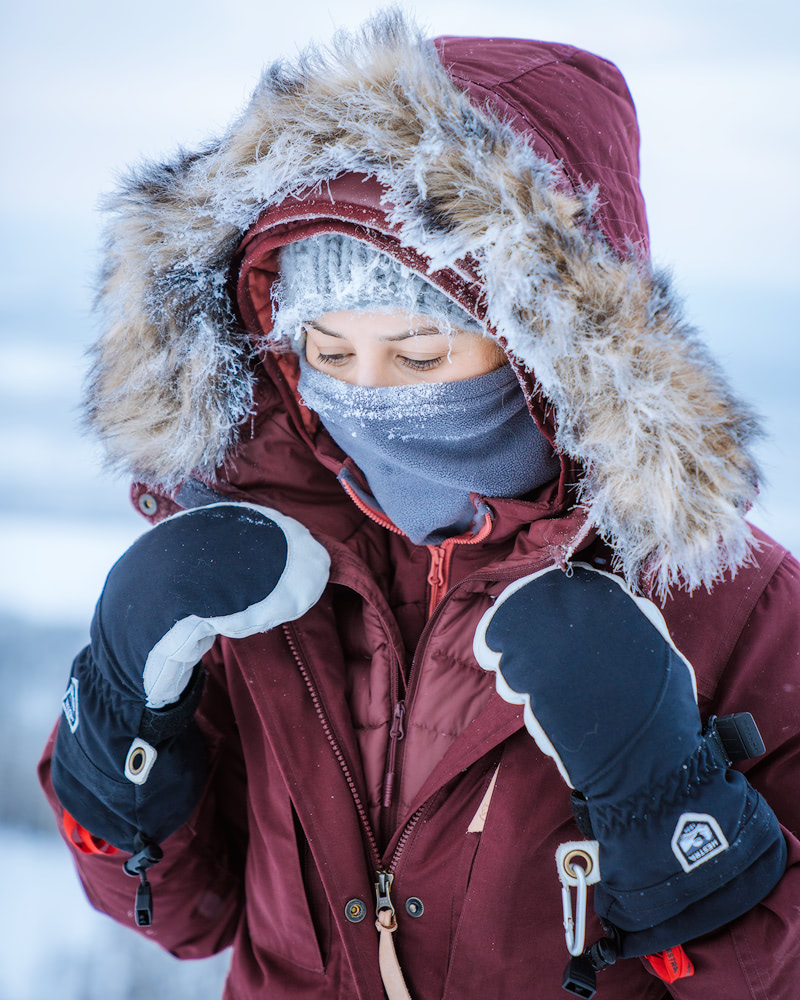
During my trip to the Finnish Lapland, I enjoyed layering the Backcountry Wolverine Cirque Jacket over my thermal top, then the Arcteryx Cerium LT Down Jacket, plus my Fjallraven Singi Down Jacket as an outer layer. It was quite snug but I was able to stay warm outside even at -35° Celsius with this 4 layer combo. Sometimes I would sub out one of the mid-layers for a cozy fleece, like the Patagonia Los Gatos Zip Up.
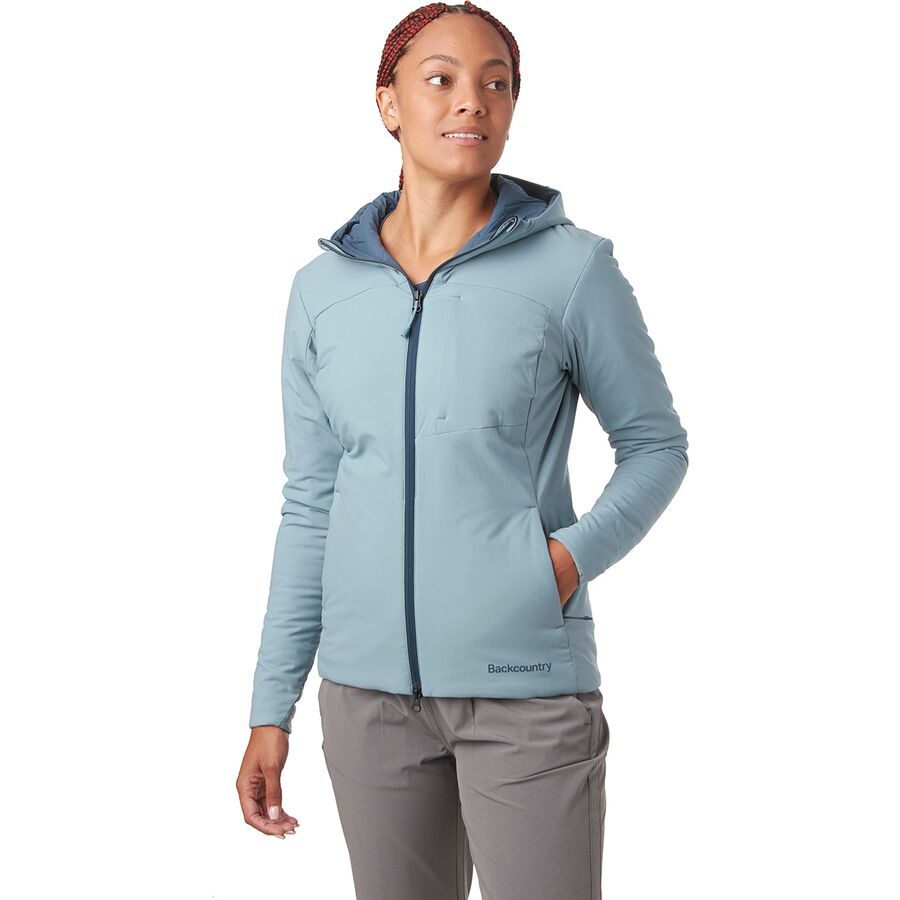
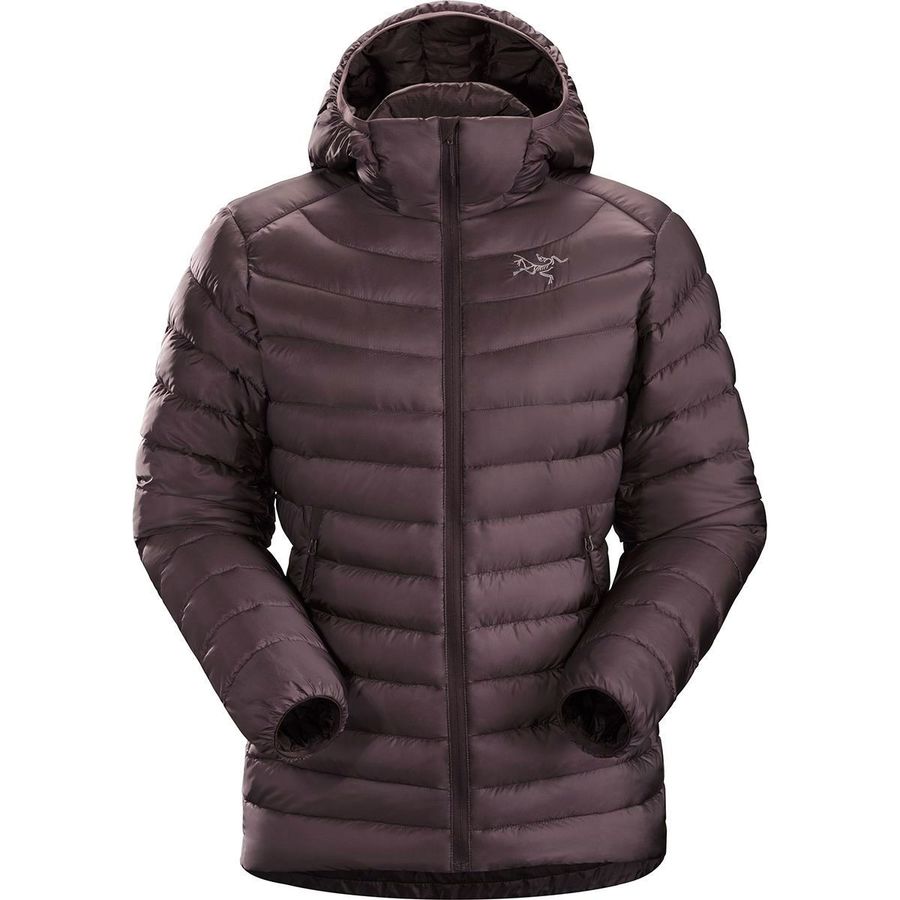
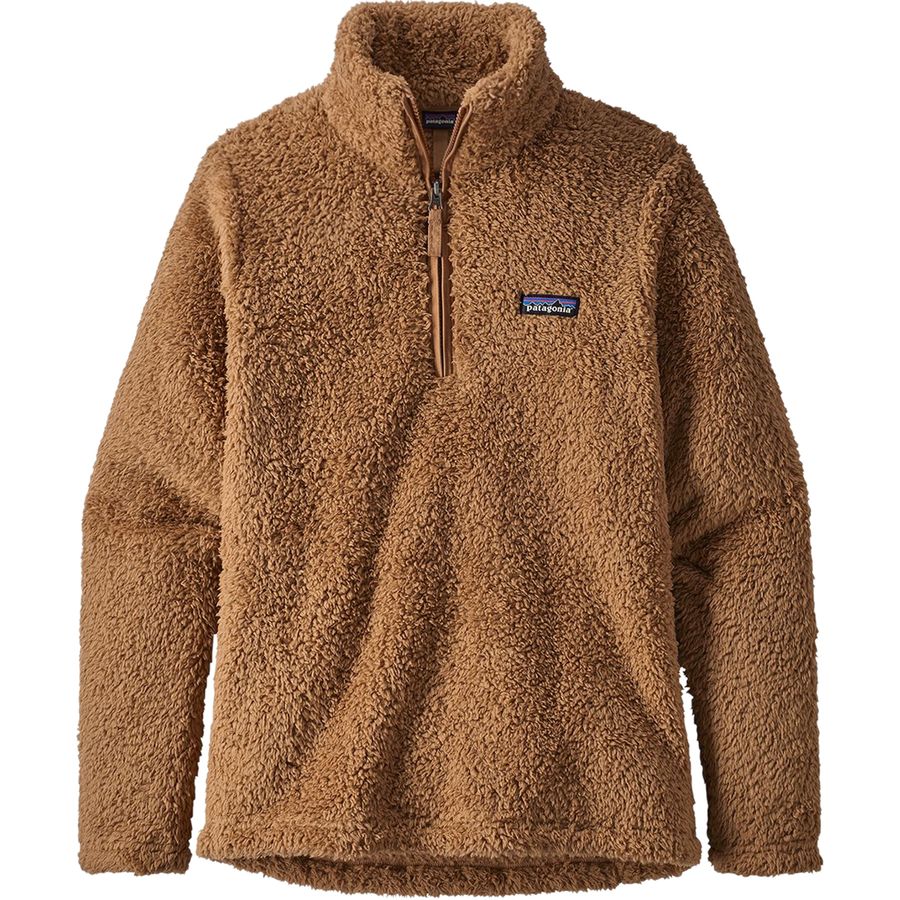
Long underwear / thermal layers
I love wearing merino wool thermal underwear when traveling to super cold places. I find that it keeps me toasty warm whilst still providing breathability, maintains its quality, and it also can be worn multiple times without getting smelly (this goes for merino wool socks too!) For a one week trip to the Arctic, I recommend packing between 2-4 pairs of baselayers (bottoms and tops). Some of my favorites are the Icebreaker BodyFit 260 Tech Leggings and Longsleeve Top, and the Backcountry Spruces Merino Baselayer Top and Bottoms.
Shoes
Waterproof and warm shoes are a must when packing for a winter trip to the Arctic! Keep in mind that you will want them to be on the slightly bigger side so that you can wear thick socks and still have room for your toes to flatten out and move around. This will help prevent getting painfully cold feet!
For everyday activities (not intense hiking) I would recommend a pair of waterproof and insulated boots like the Sorel Caribou Boot or The North Face Shellista II Mid Boot. For hiking and more active adventures then I would recommend a more technical boot like the Oboz Bridger 7in Insulated B-Dry Boot. Active adventures in the snow will also likely require gaiters like the Outdoor Research Rocky Mountain High Gaiters. These stop snow from getting into your boots and making your feet wet/cold.
Socks
As mentioned above, merino wool is the best material for keeping your feet toasty warm whilst remaining breathable and odor-free. In Arctic conditions I find the Smartwool Mountaineering Extra Heavy Crew Socks to be the most effective, along with toe warmers and appropriate boots. Darn Tough also makes a similar pair, the Mountaineering OTC Extra Cushion Socks, if you prefer even more padding on the soles.
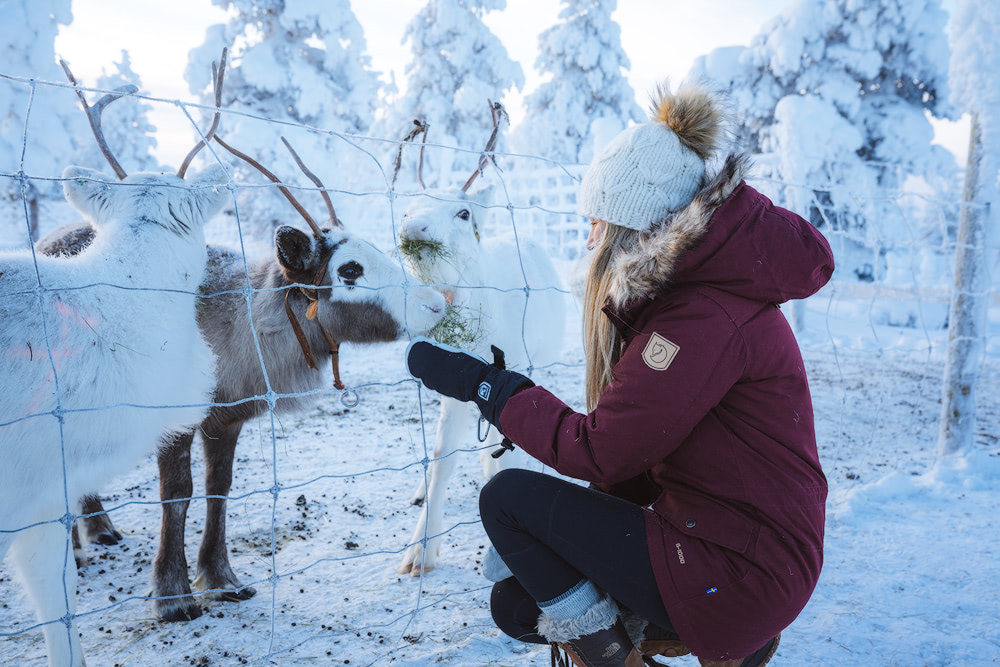
Gloves
Having cold fingers really sucks and definitely prevents you from having fun. Trust me, you don’t want to miss the northern lights show because you’re not prepared! I find the most effective gloves are usually mittens, as they keep your fingers together and that in turn maintains/creates the most warmth. Being a photographer I find that I am constantly having to take my mitts off, so I usually opt to also wear liner gloves and use some hand warmers. My favorite combo is the Hestra Patrol Gauntlet Mittens and the Icebreaker Quantum Gloves (plus hand warmers).
Head and face protection
It’s very important to keep your face and neck protected in extreme weather. For trips to the Arctic, I would recommend packing a warm beanie and some sort of neck cover or scarf. Wearing a balaclava is a more suitable option for activities like skiing, snowmobiling, etc. where you need to be hands-free and can’t keep adjusting a scarf. I like using chute-style neck coverings because they double-up as headbands, beanies, and face coverings/masks. Packing two is a good idea because I find that they get wet/icy very quickly and it’s nice to switch them out between activities.
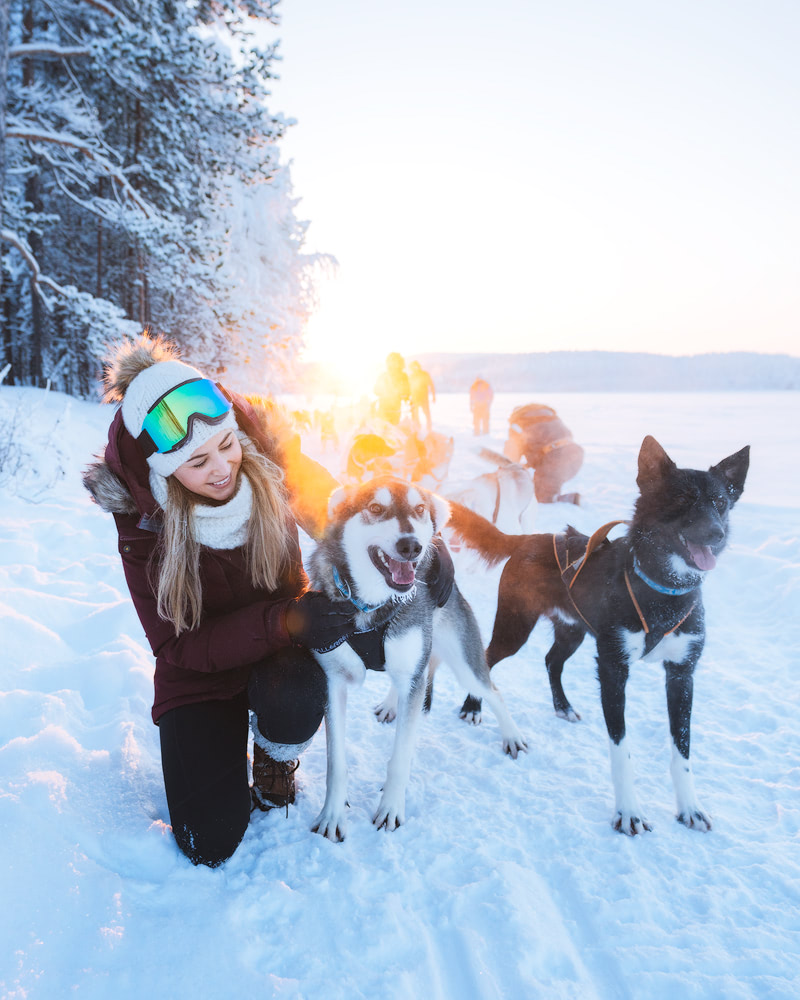
Eye protection
What you pack for eye protection will depend on where you are traveling to and what activities you are undertaking. I personally find it difficult to go hiking in the snow on a bright day without sunglasses, but I know some people don’t seem to mind – so use your judgment here!
It goes without saying that activities like skiing and snowboarding will require goggles to protect your eyes, but these should also be considered for activities like dog sledding and other fast-moving adventures in the extreme cold. Some tour companies may also provide these for certain activities. I personally love using the SMITH Squad Goggles and highly recommend them. As far as sunglasses go, SMITH and Sunski are two of my favorites.
Backpack
Like nearly all destinations, a small backpack will come in handy for a trip to the Arctic. They are especially useful for packing “just-in-case” items like spare toe warmers, sunglasses, extra layers, snacks, lip balm, camera, etc. I have featured some options below.
Warm casual outfits
What you pack for casual outfits will obviously depend on your destination and what sort of things you’ll be doing. I usually like to bring along some sweaters and jeans for dinners and moments of down-time. It’s also nice to have a pair of shoes to wear that aren’t huge snow boots! I’ve featured some casual outfit ideas below:
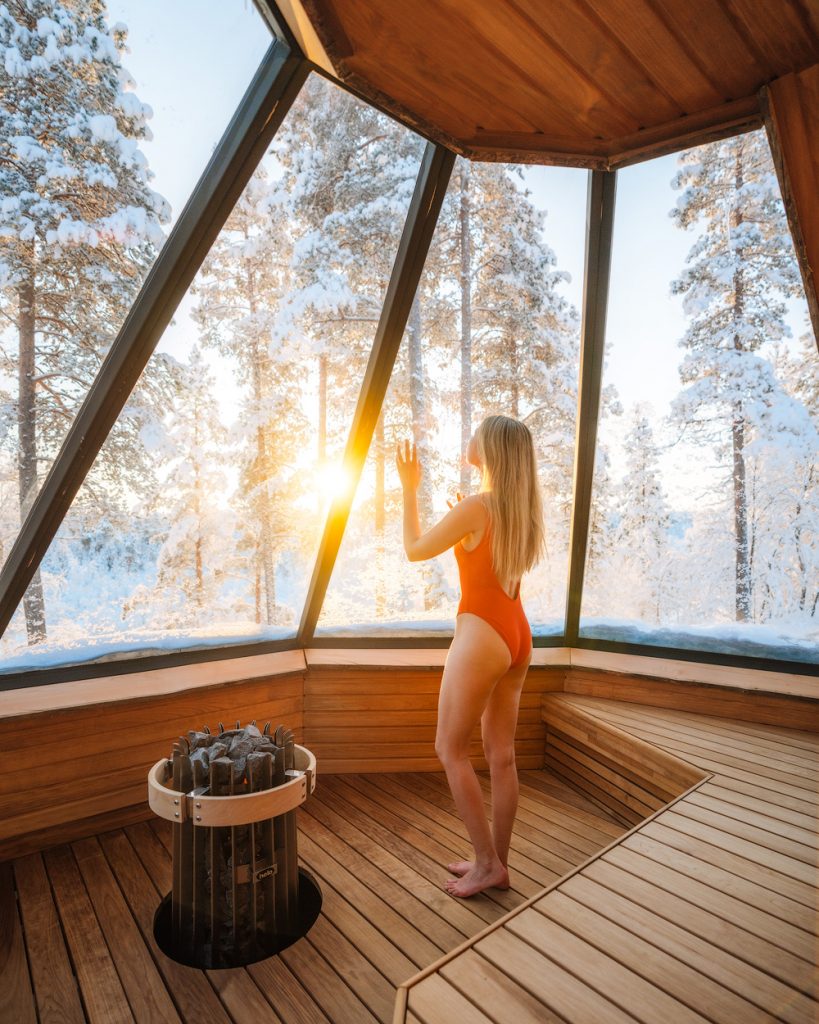
Optional extras
Below are some extra items that are highly recommended (but optional) when packing for a winter trip to the Arctic.
- Swimsuit for any hot tub or sauna experiences
- Power bank and/or battery phone case to keep your phone charged in the cold
- Lip balm, face moisturizer, hand cream, and eye drops – it gets very dry in those kinds of temperatures!
- Inside activities for those long nights. Think card games, Kindle/books, etc.
- Small hot water bottle for keeping warm at night (I have a mini travel one that I bring on winter trips)
- Snacks, especially ones that aren’t prone to freezing!
- Camera equipment and ample spare batteries (they run-out quickly in the cold)
- Wool blanket to keep your legs warm during activities like dog sledding adventures or reindeer safaris
I hope you found this packing list to be helpful! Leave me a comment below if you have any questions. Don’t forget to use code RENEE15 for 15% off your first Backcountry.com order when gearing up for your trip to the Arctic. Safe travels!
Pin for later planning!

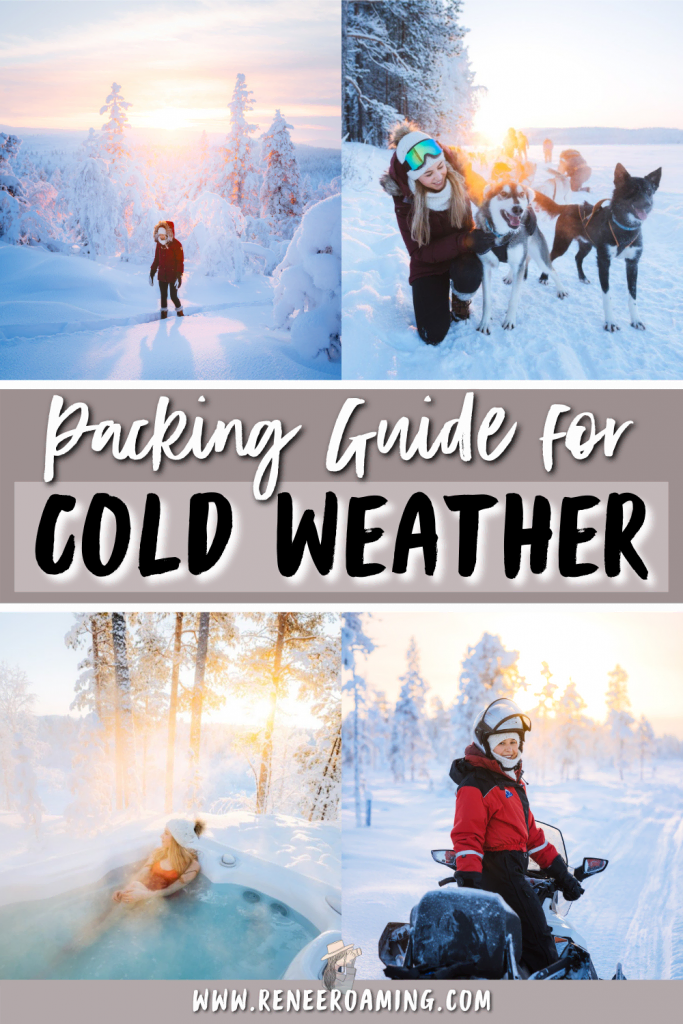
Disclaimer: Thank you to Backcountry for collaborating on this blog post. As always, all opinions are truthful and my own. The offer of 15% off does not apply on top of any other offer or discount, and it’s one use per customer. This post does contain some affiliate links, which means if you buy something my blog will receive a small commission at no extra cost to you.
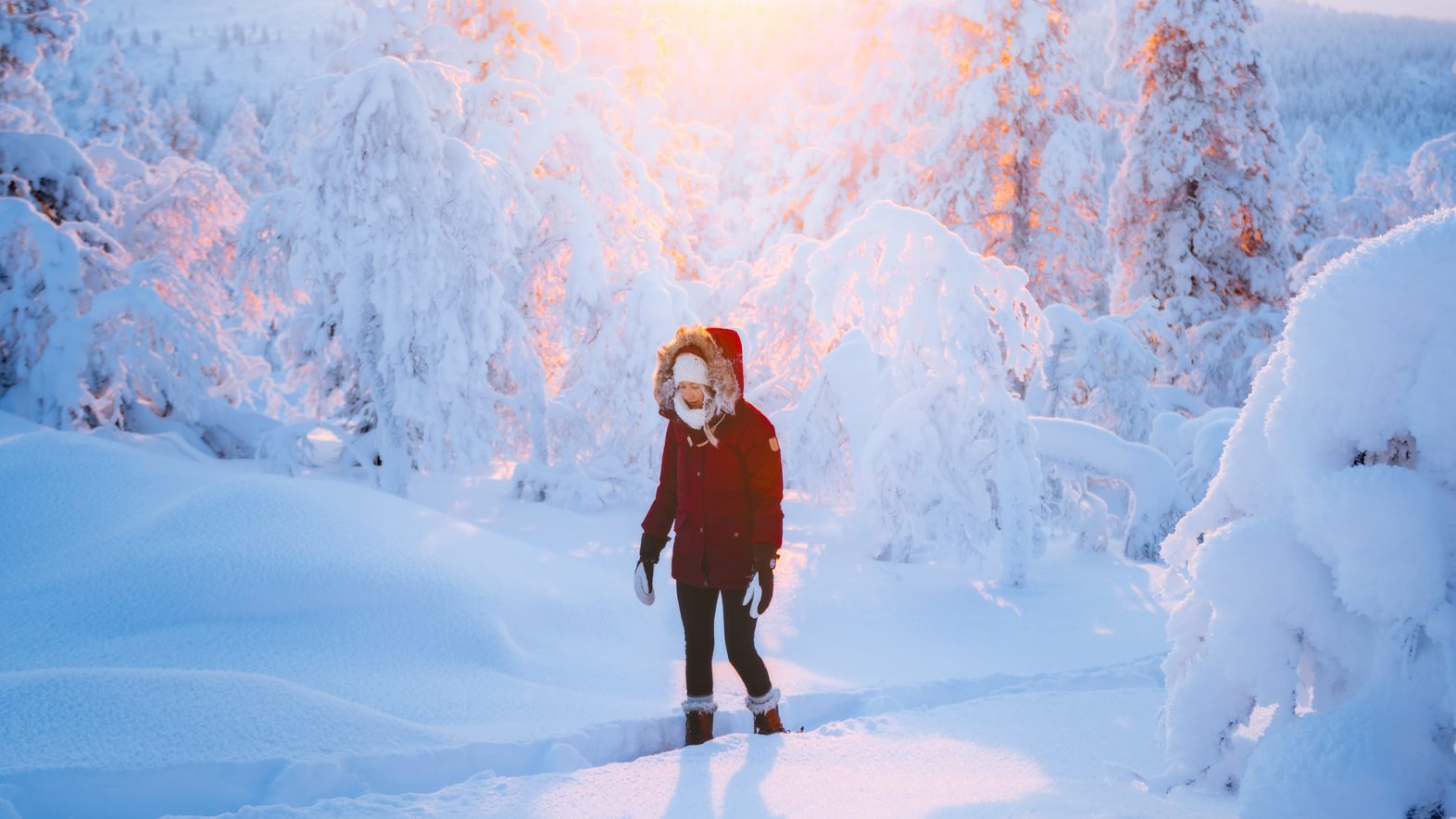
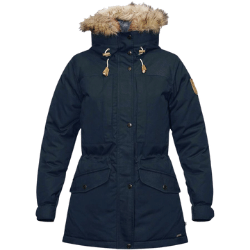
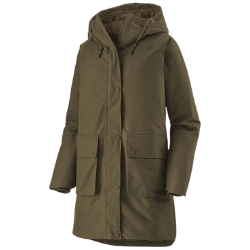
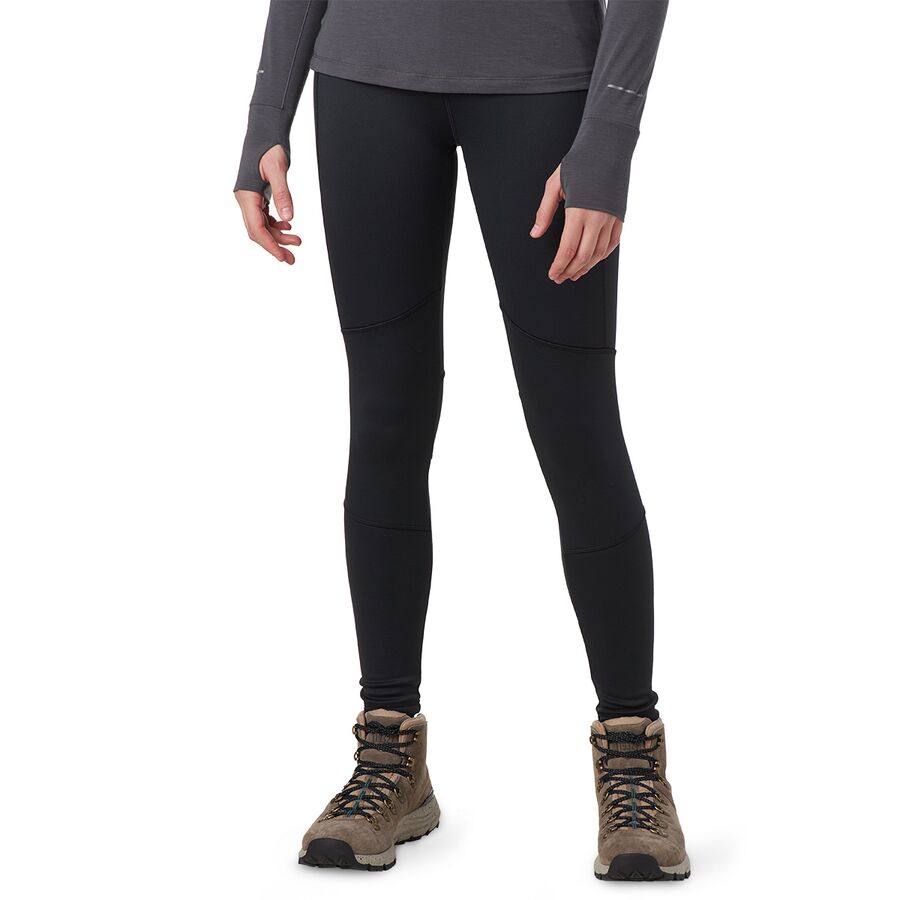
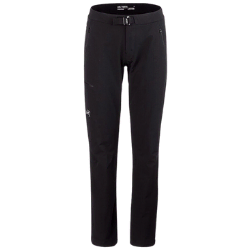
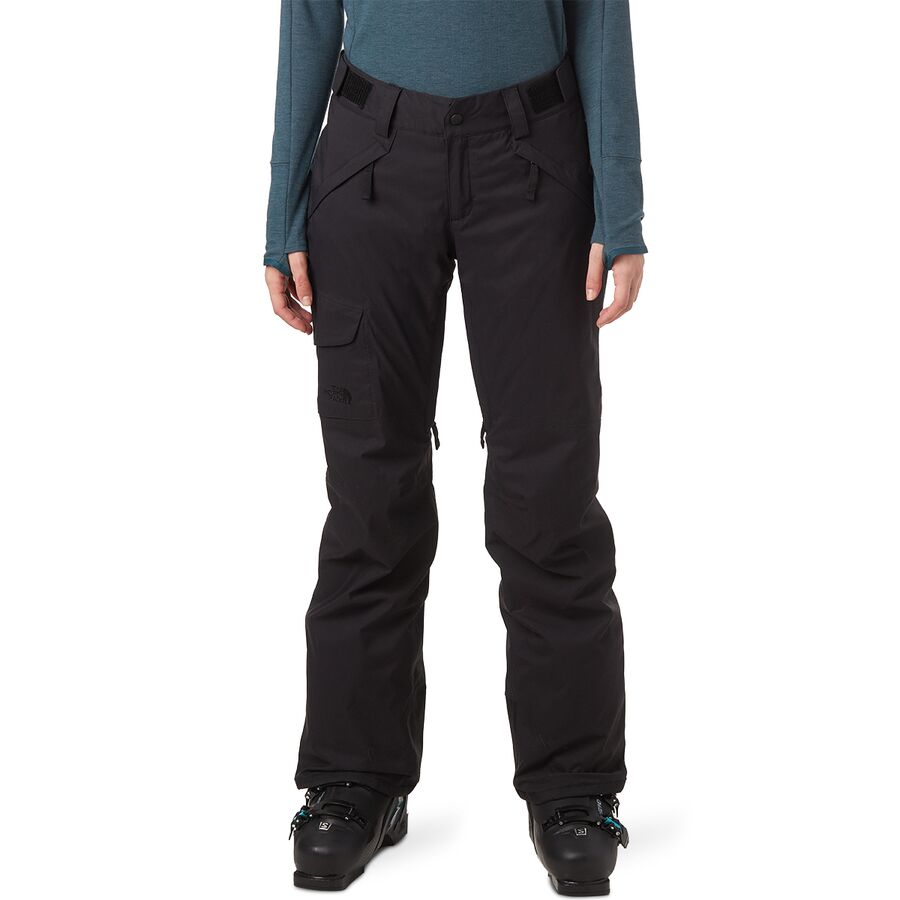
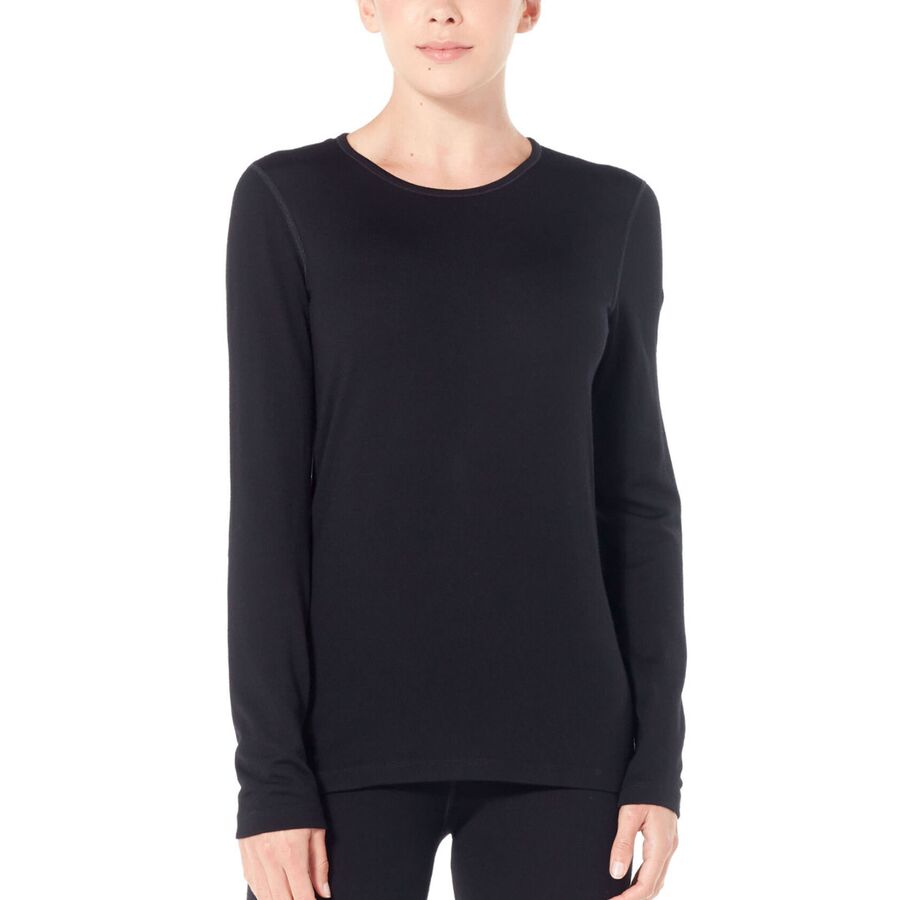
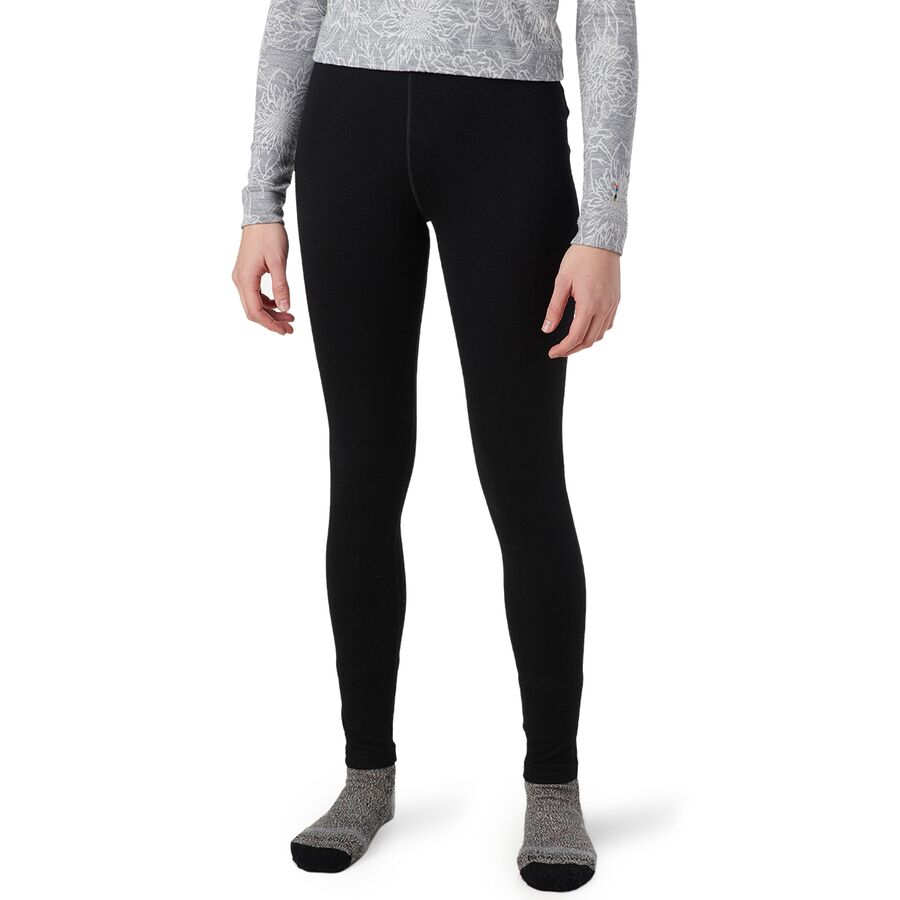
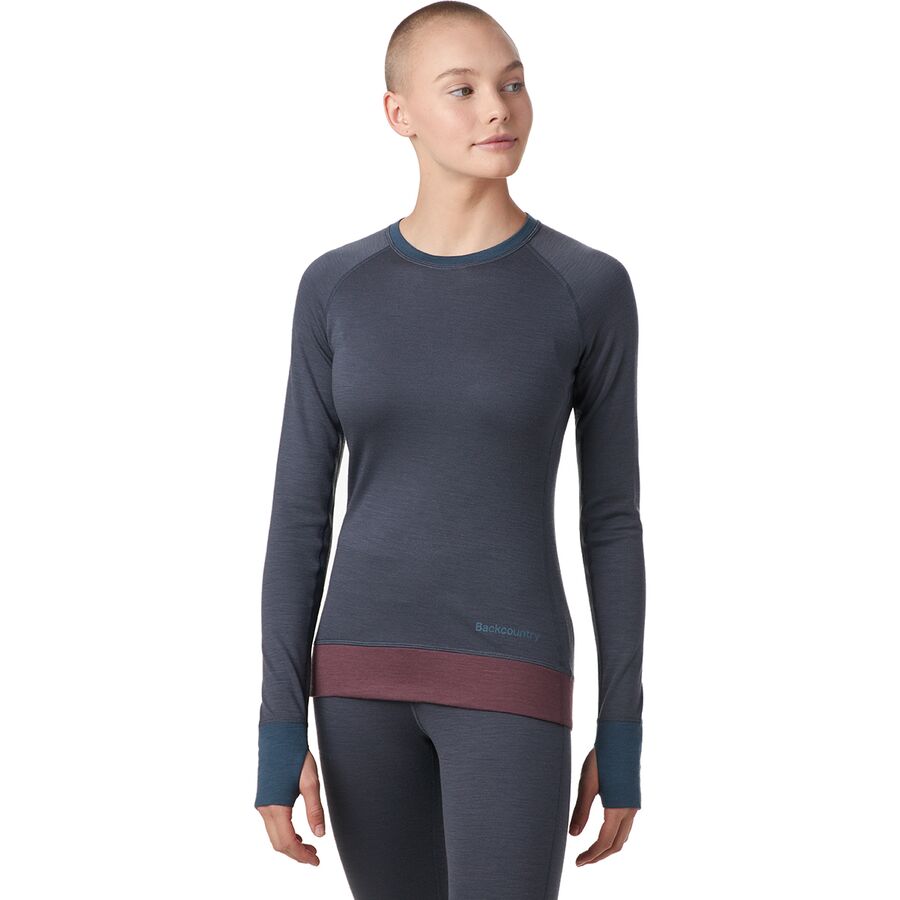
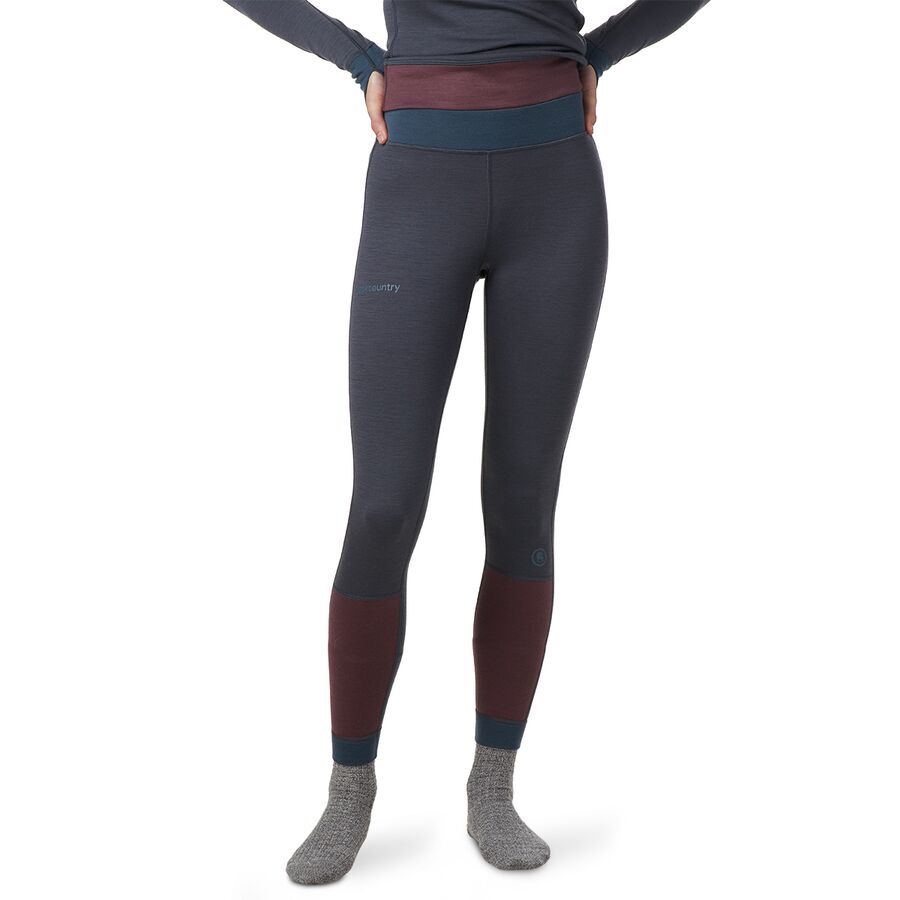
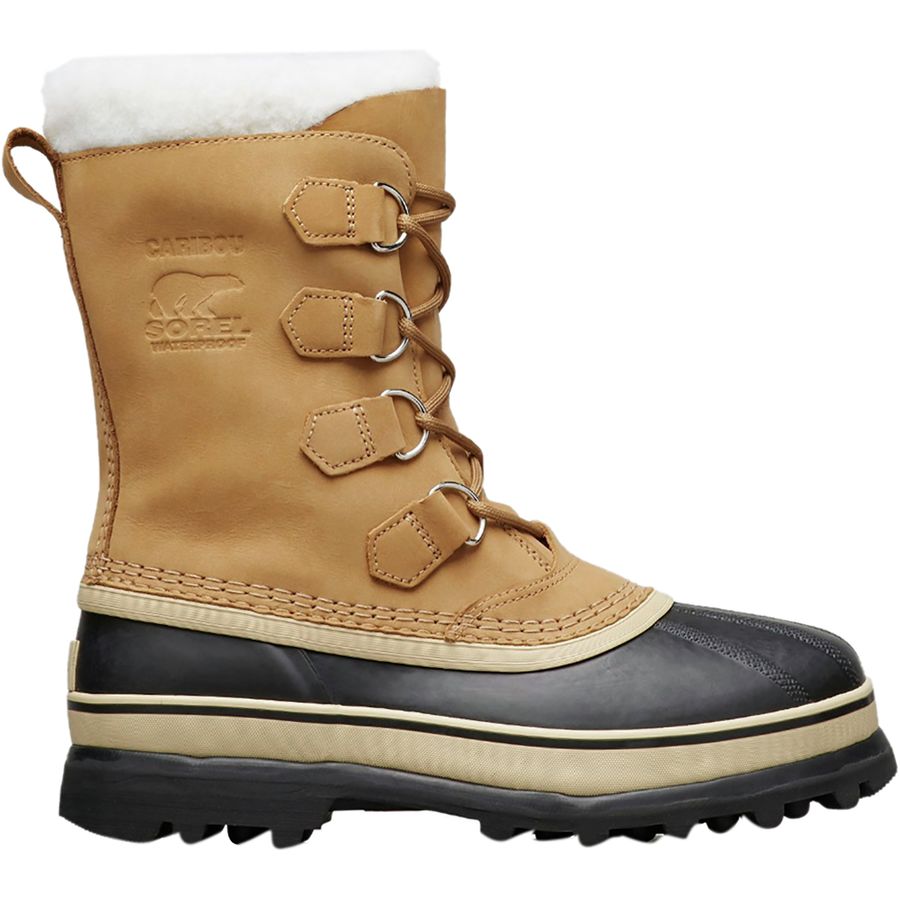
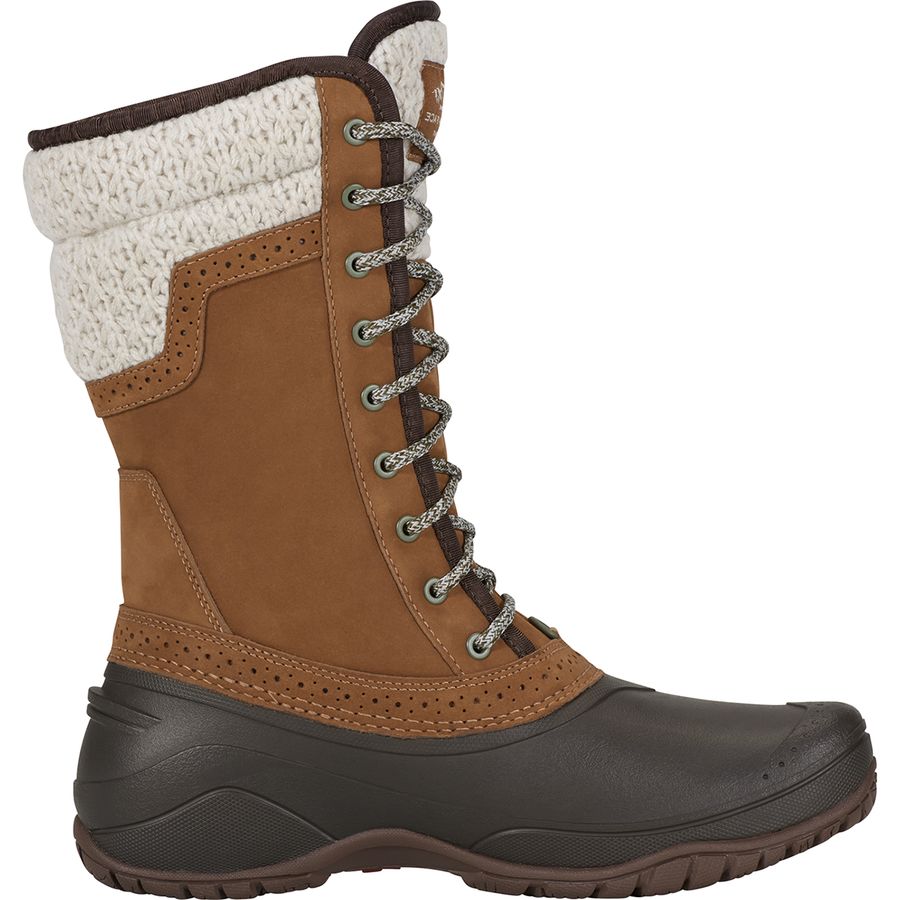
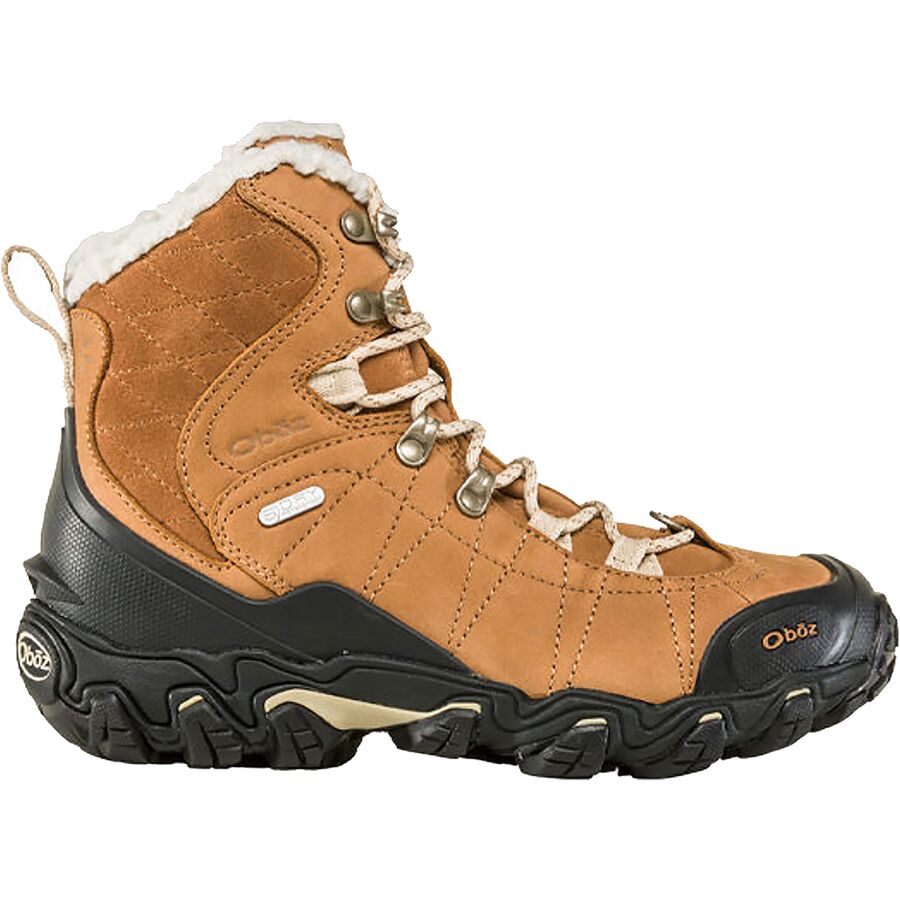
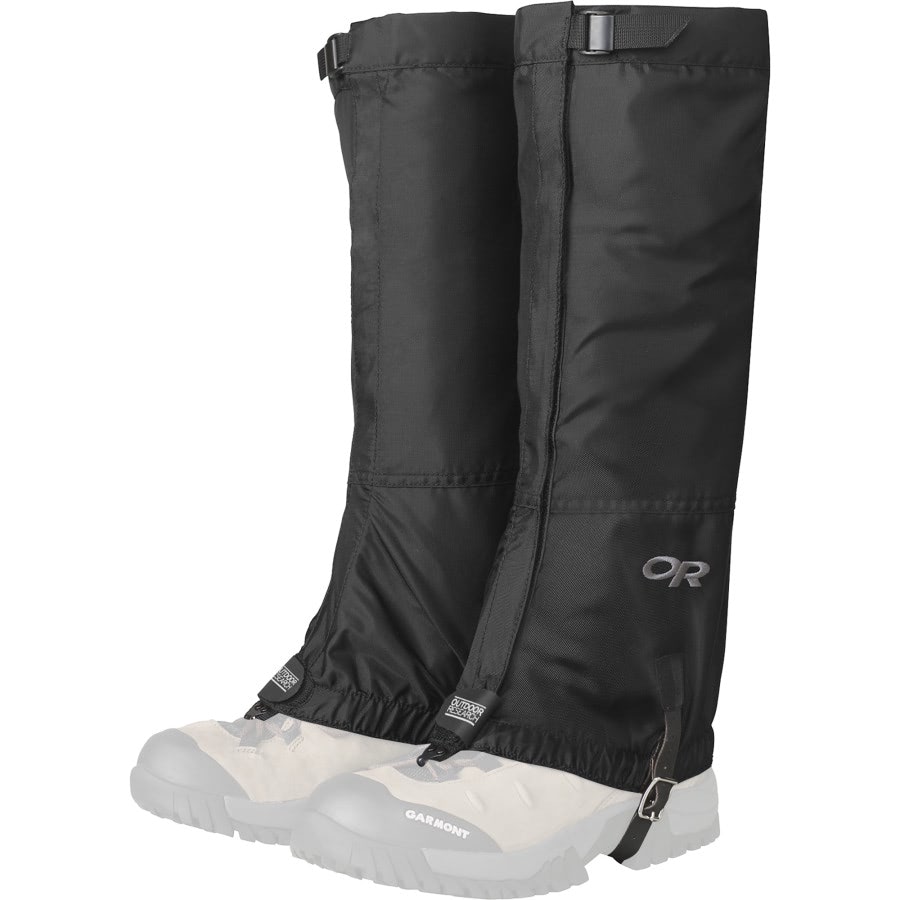
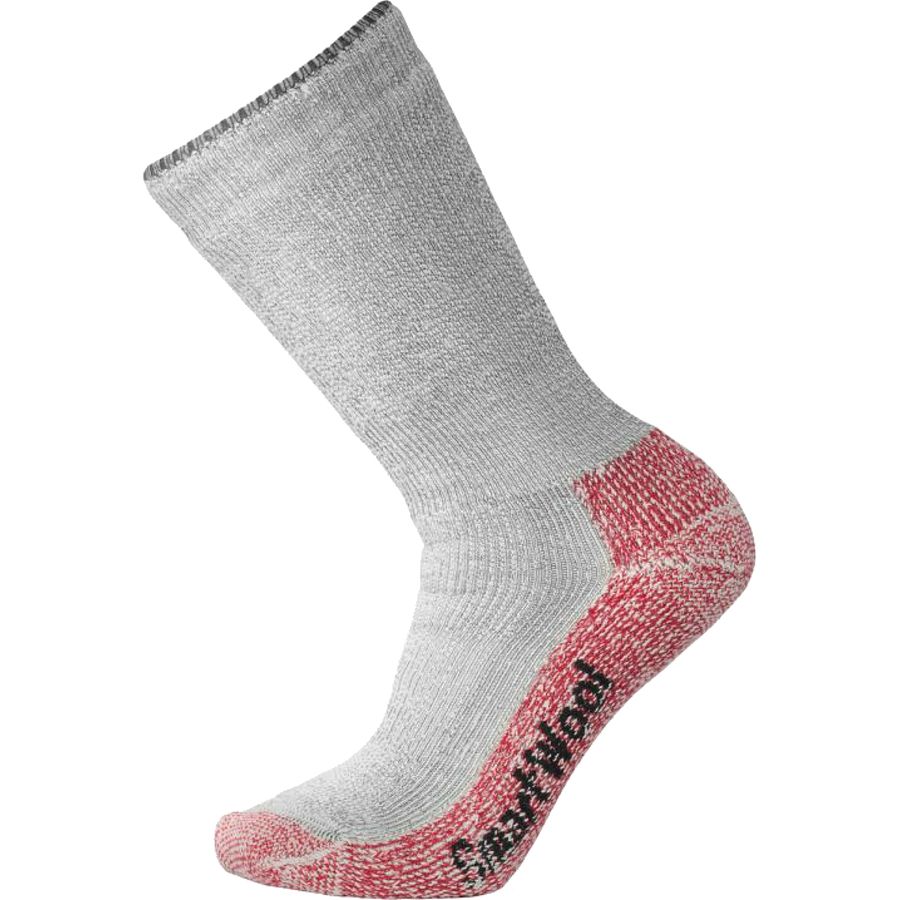
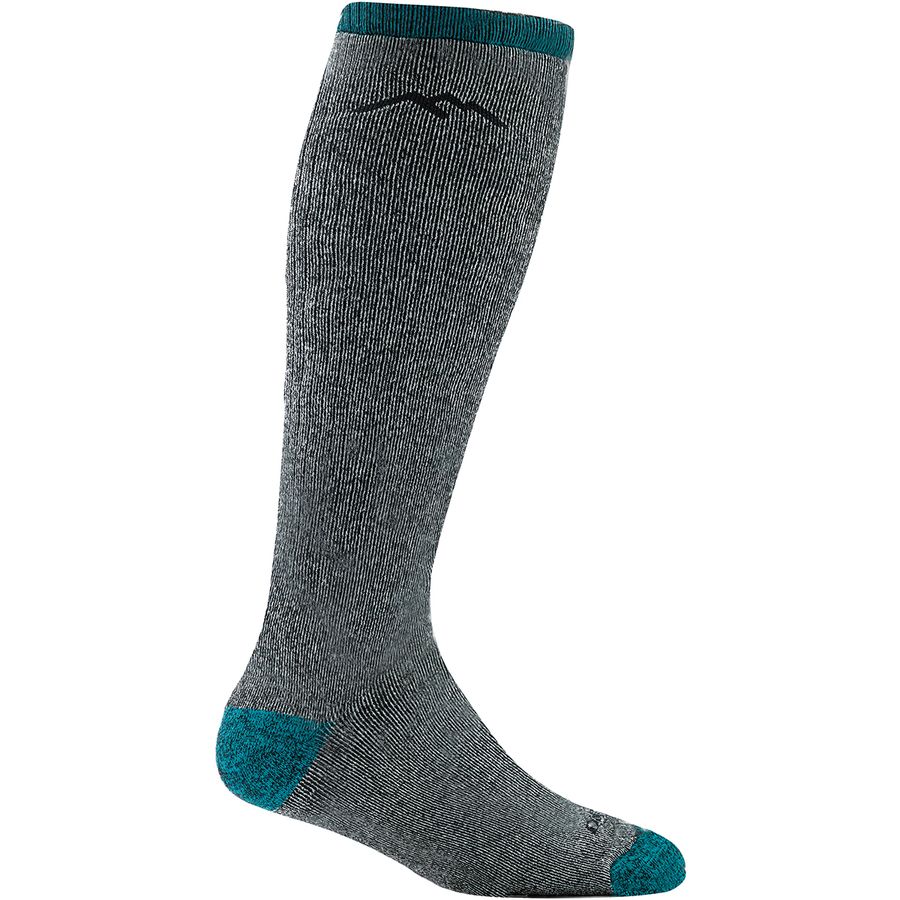
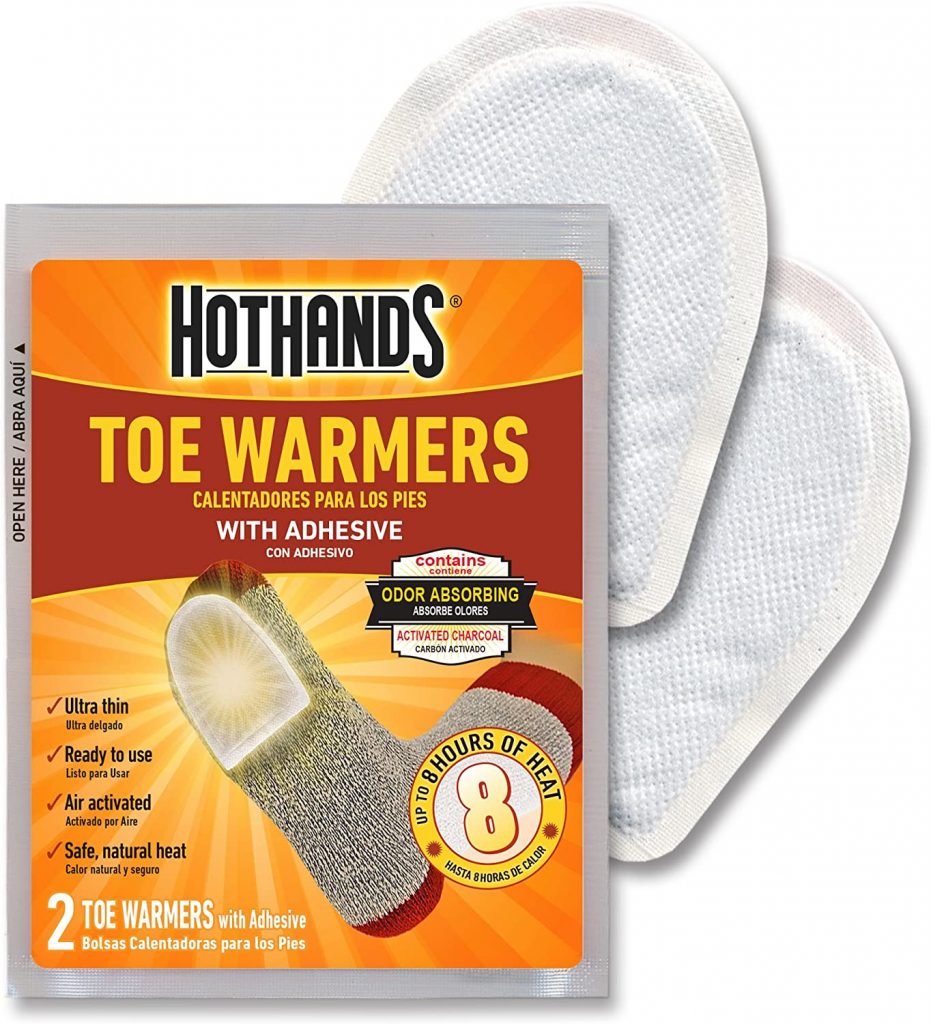
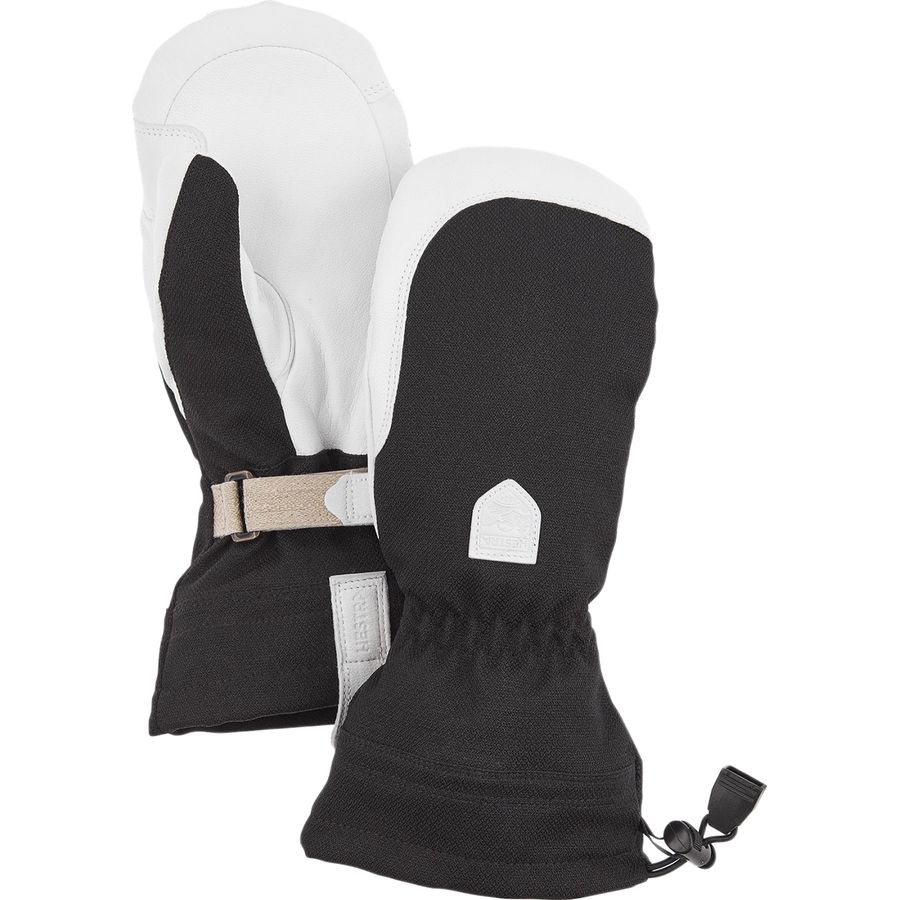
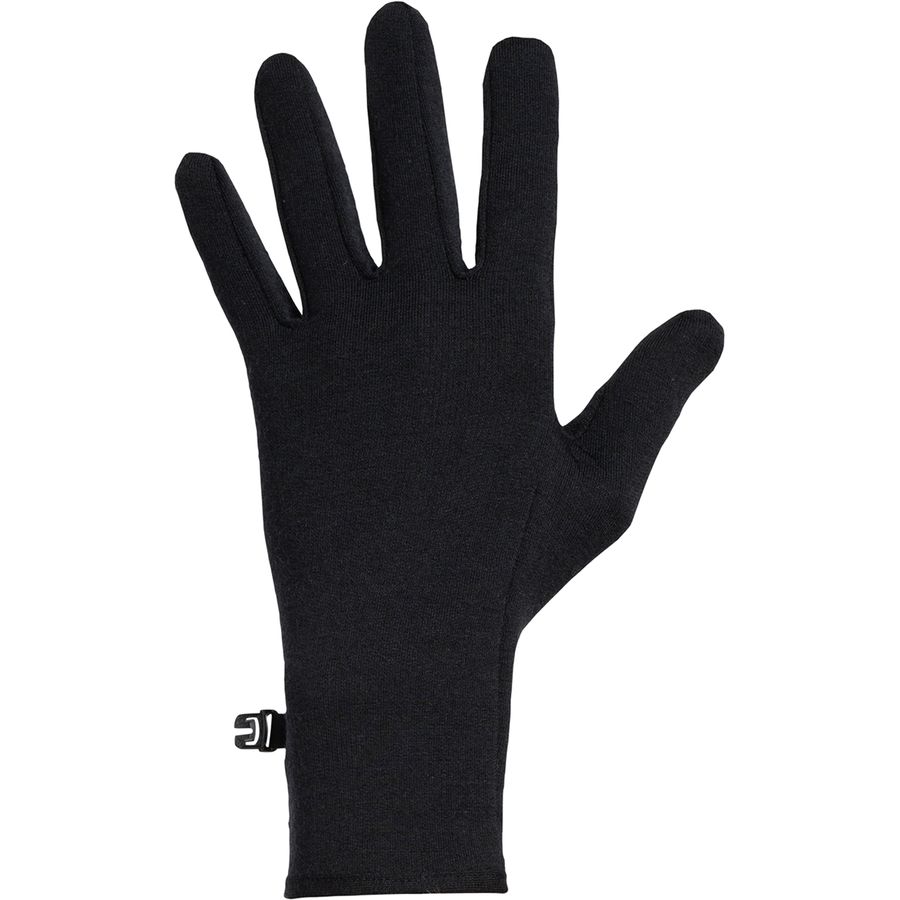
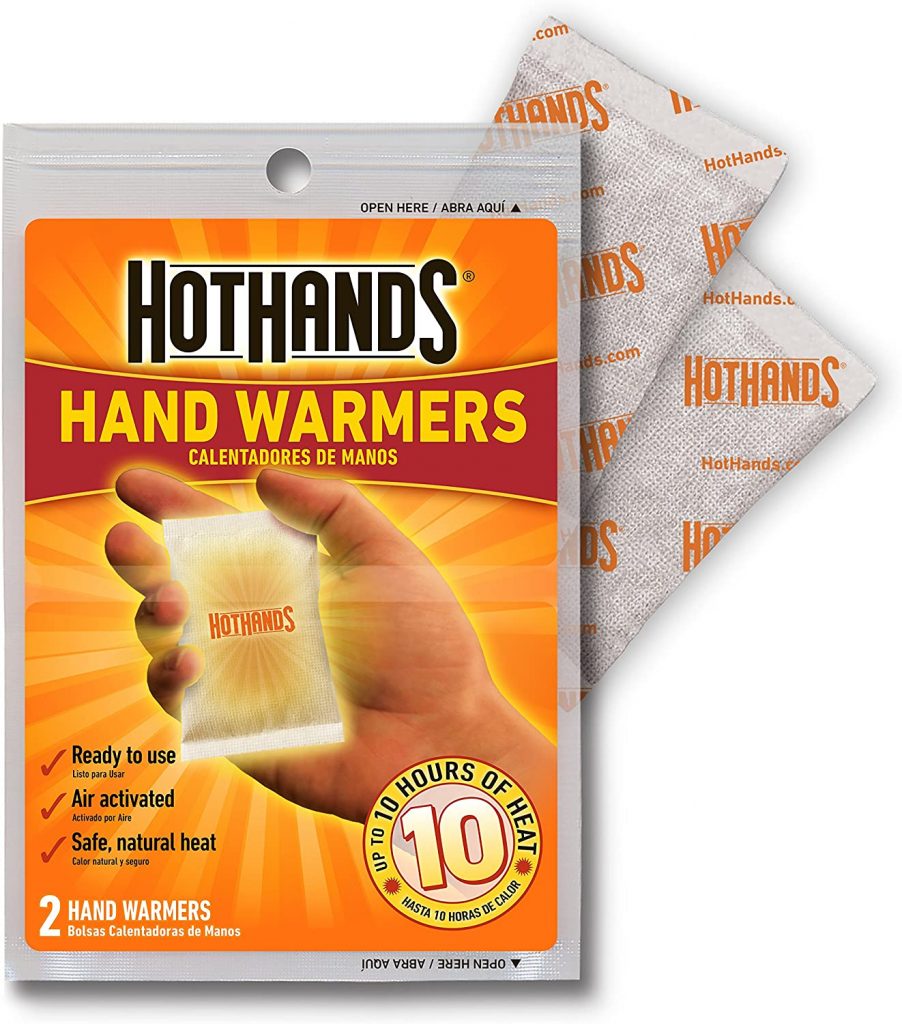
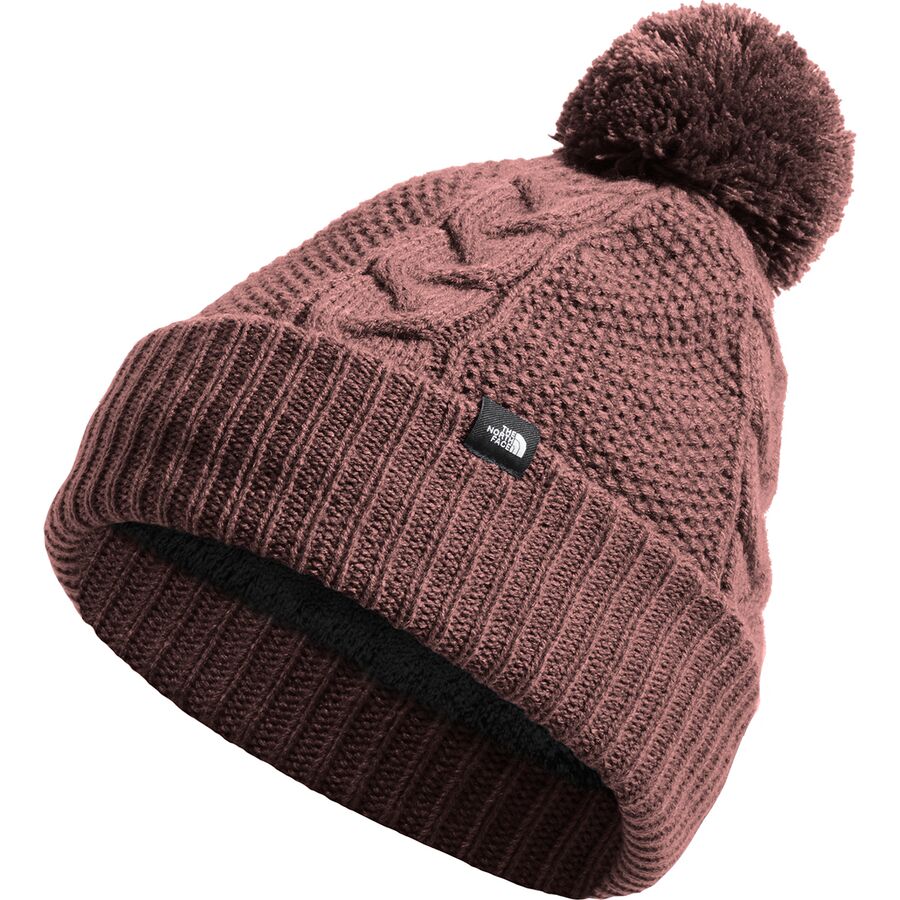
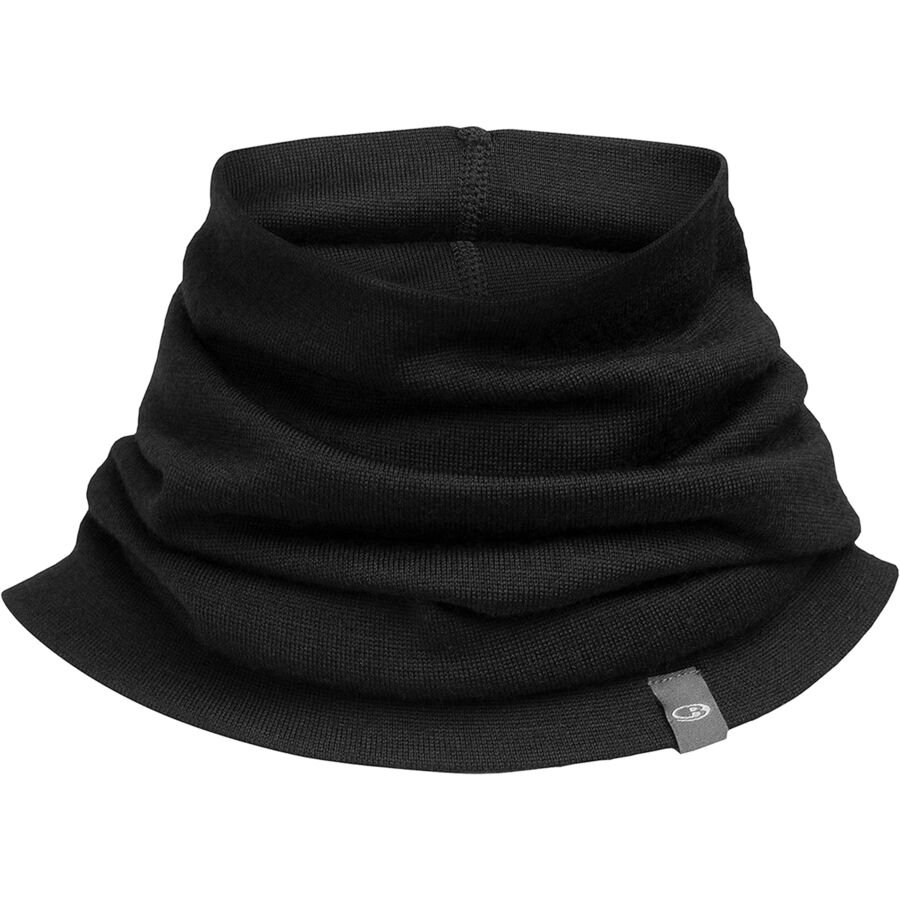
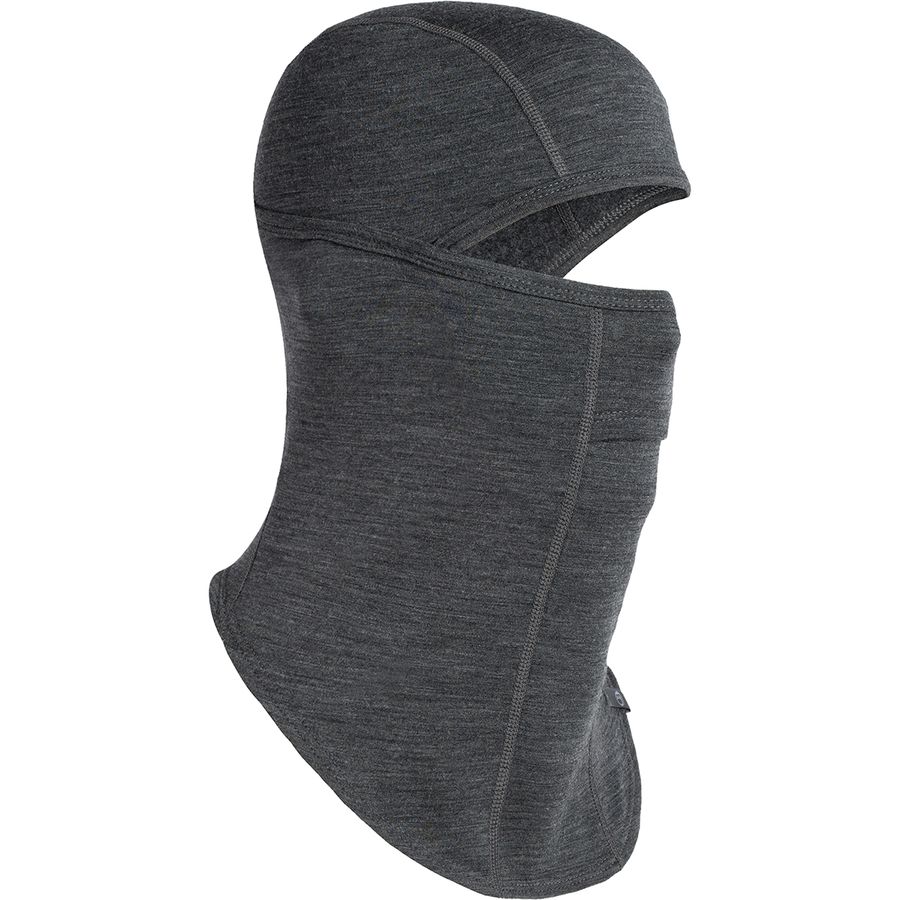
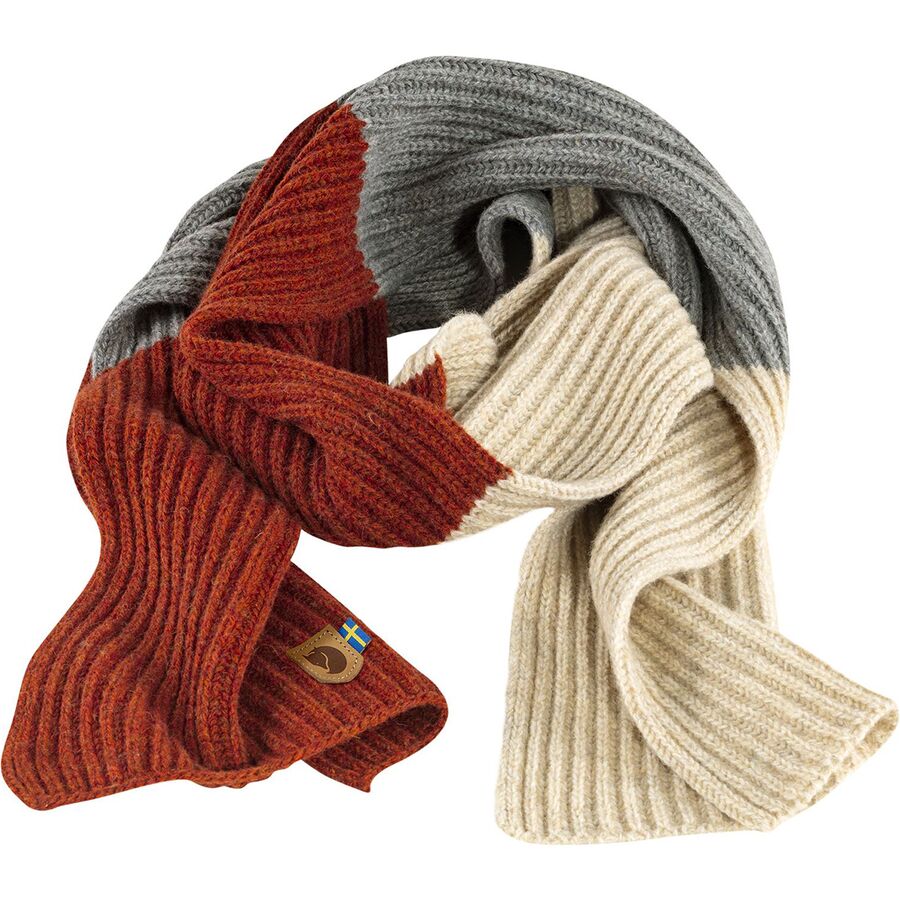
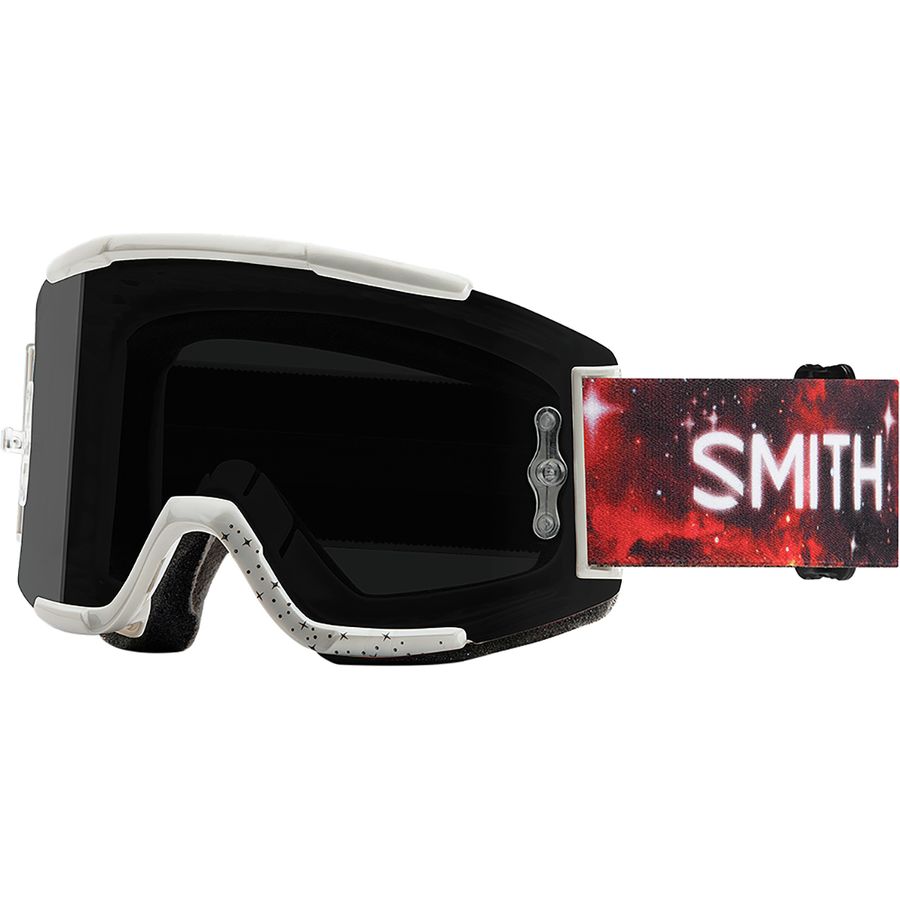
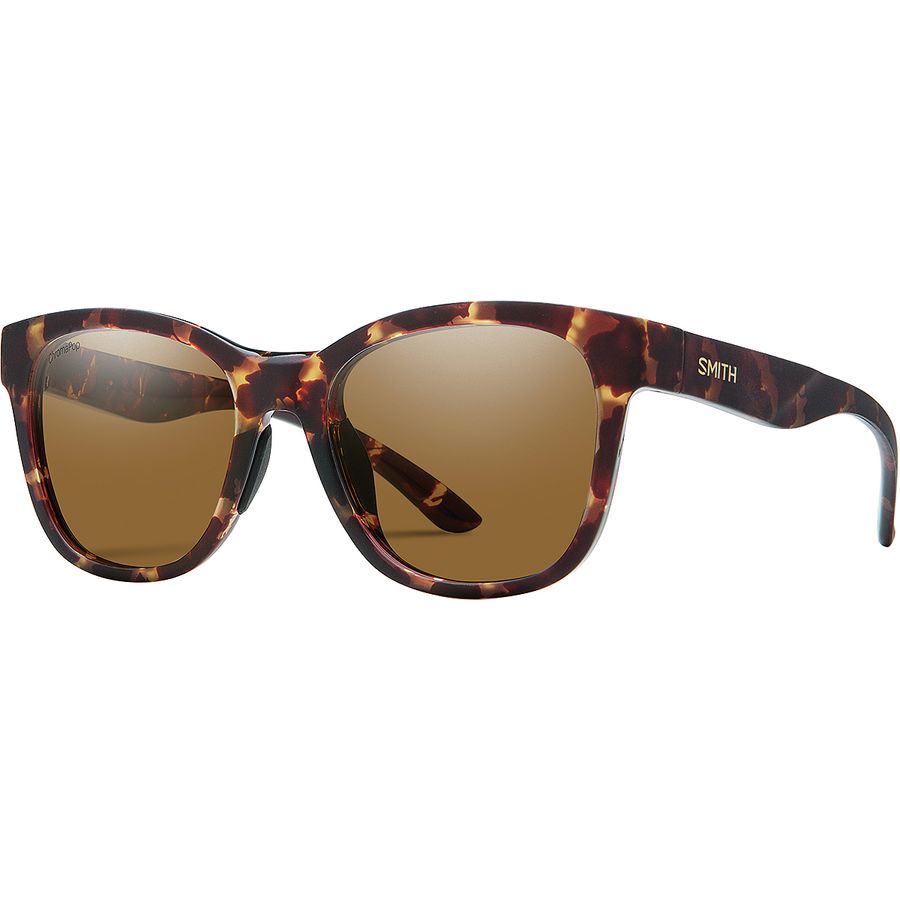
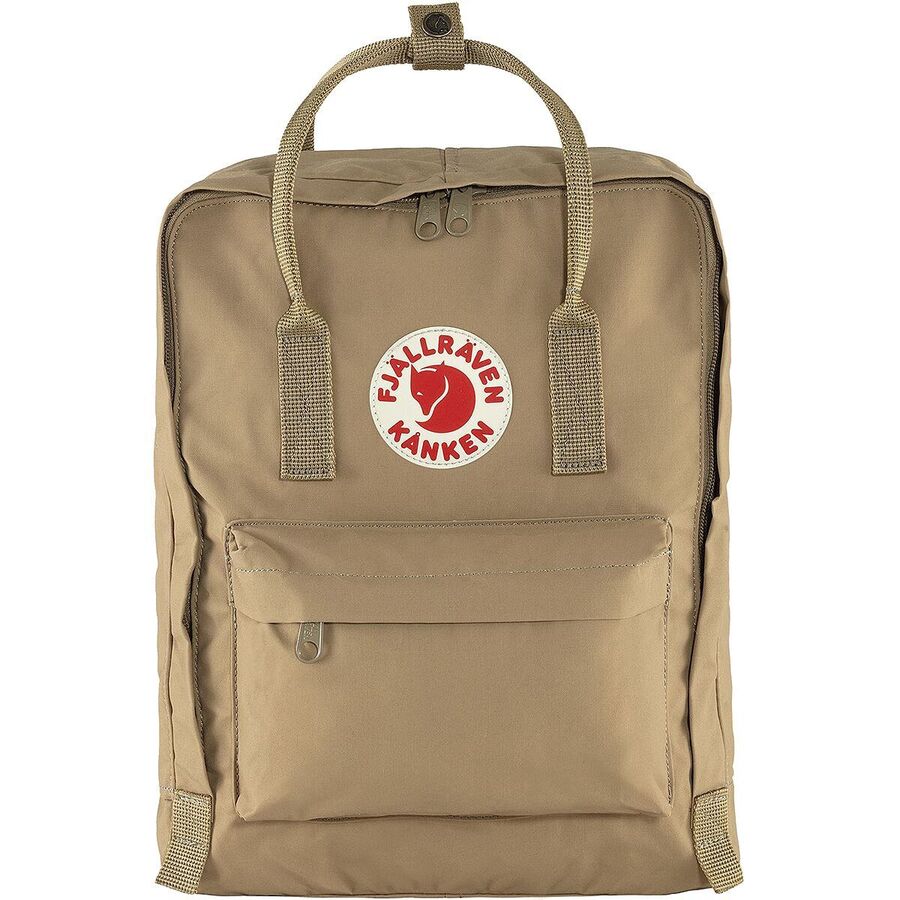
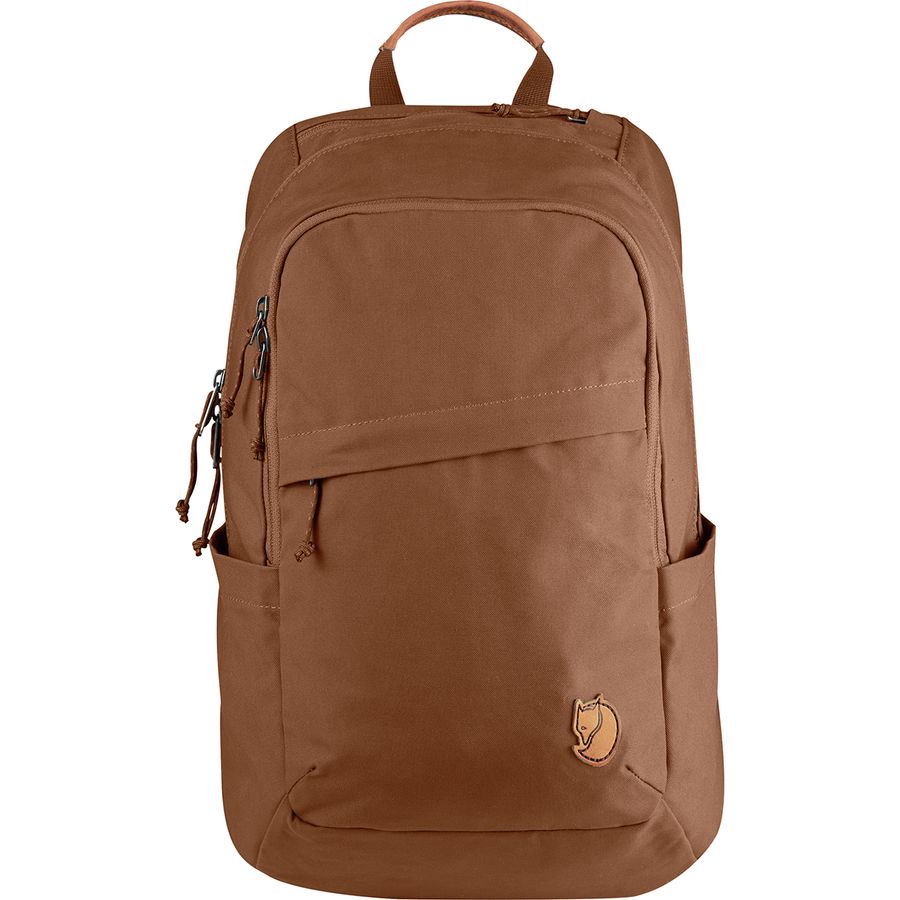
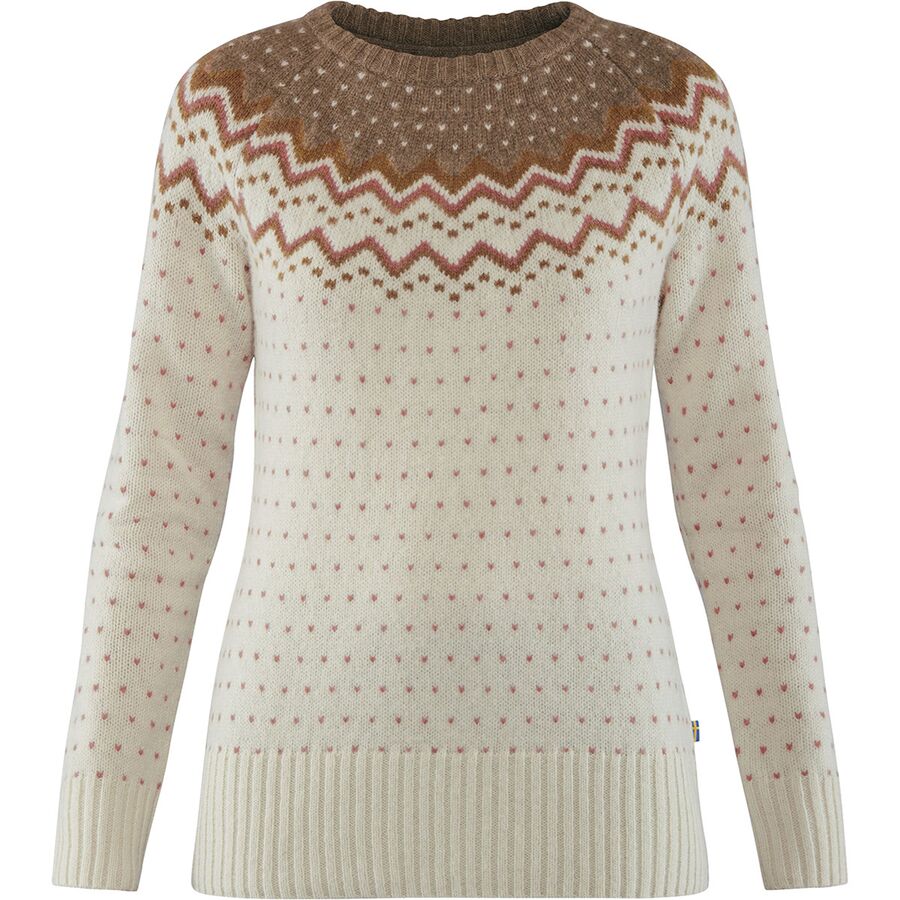
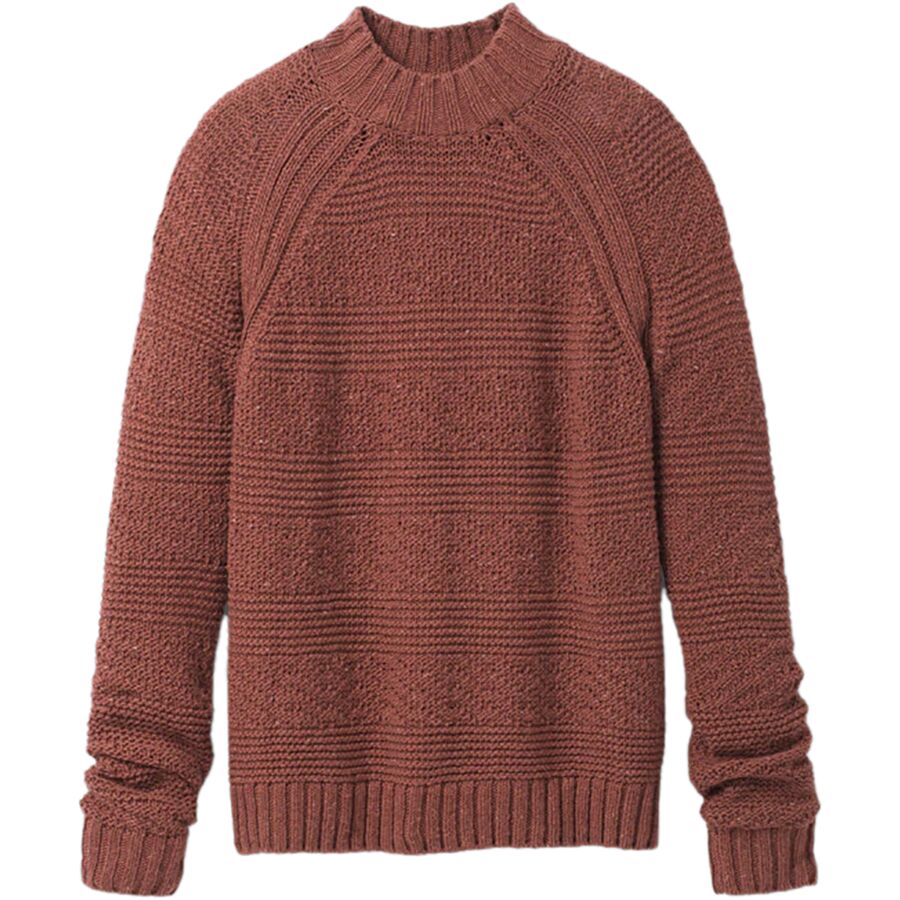
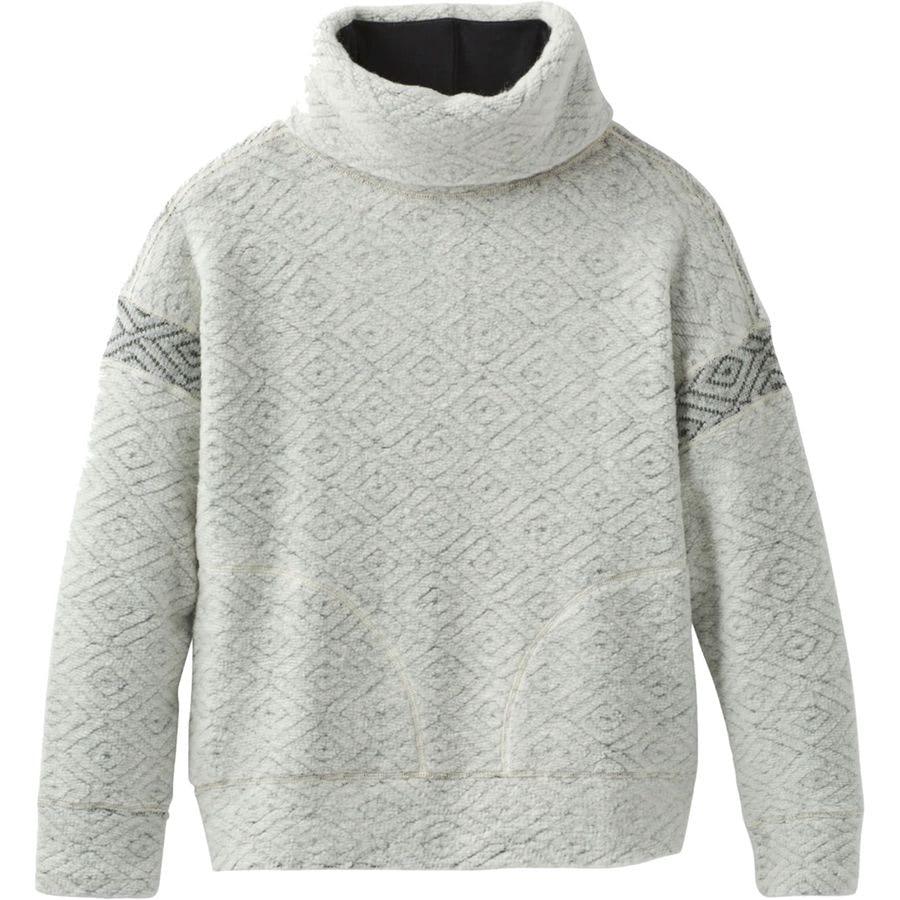
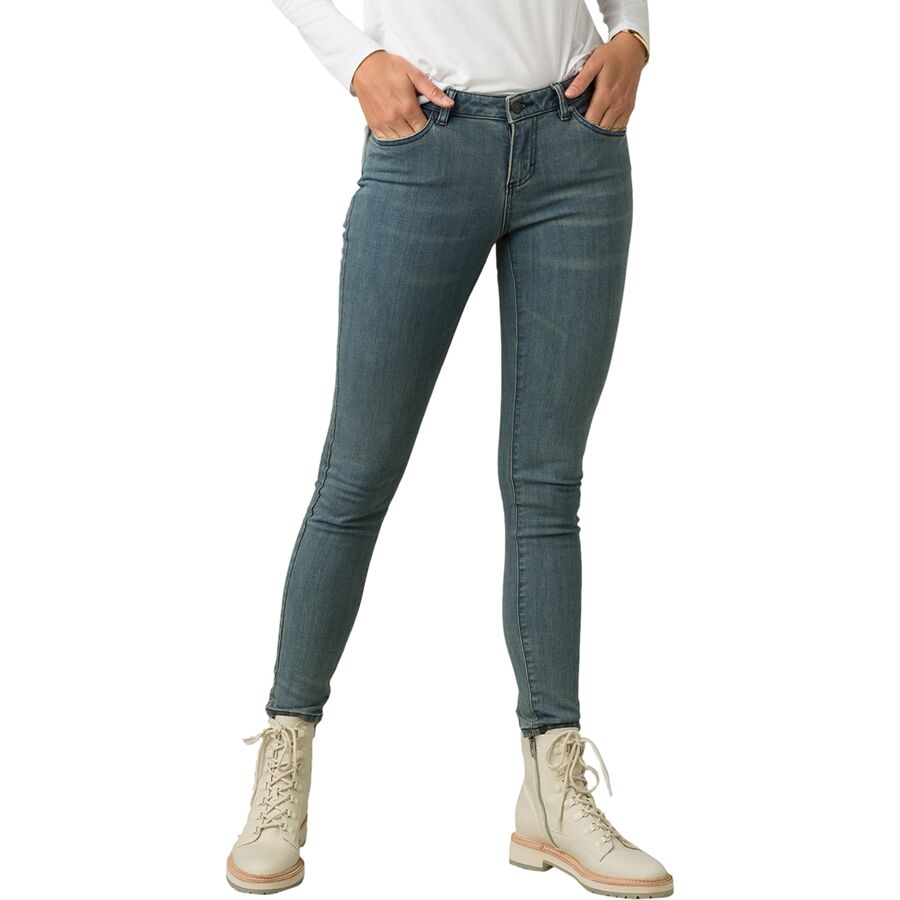
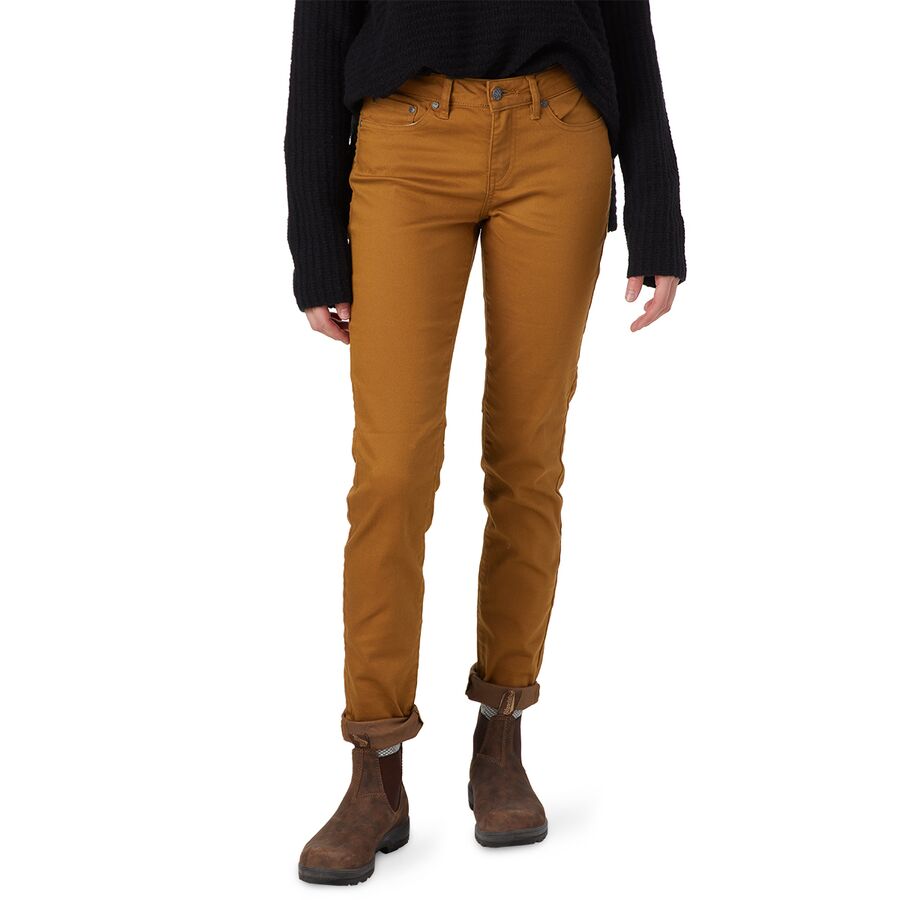
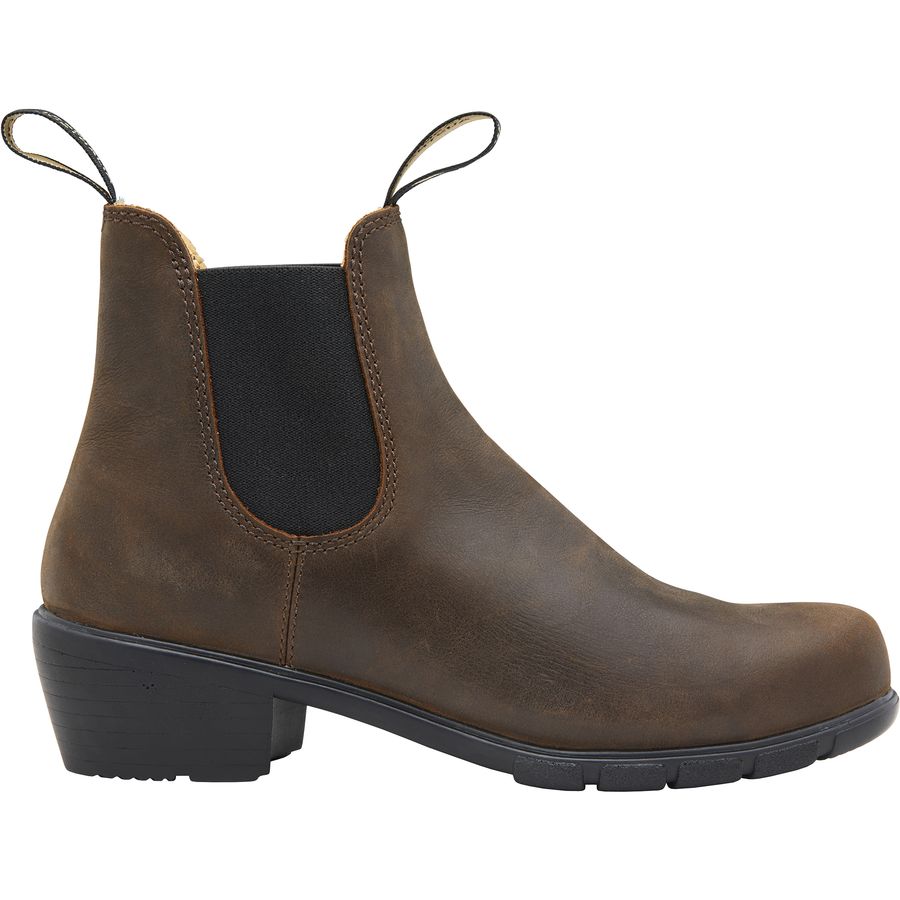
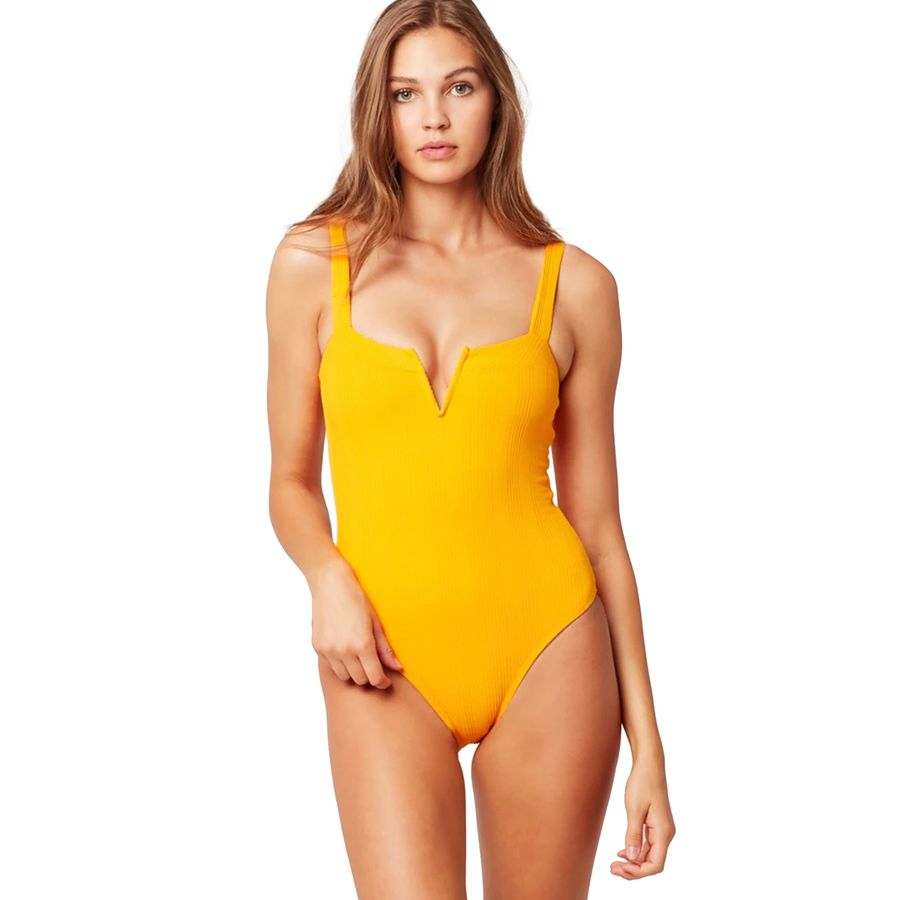
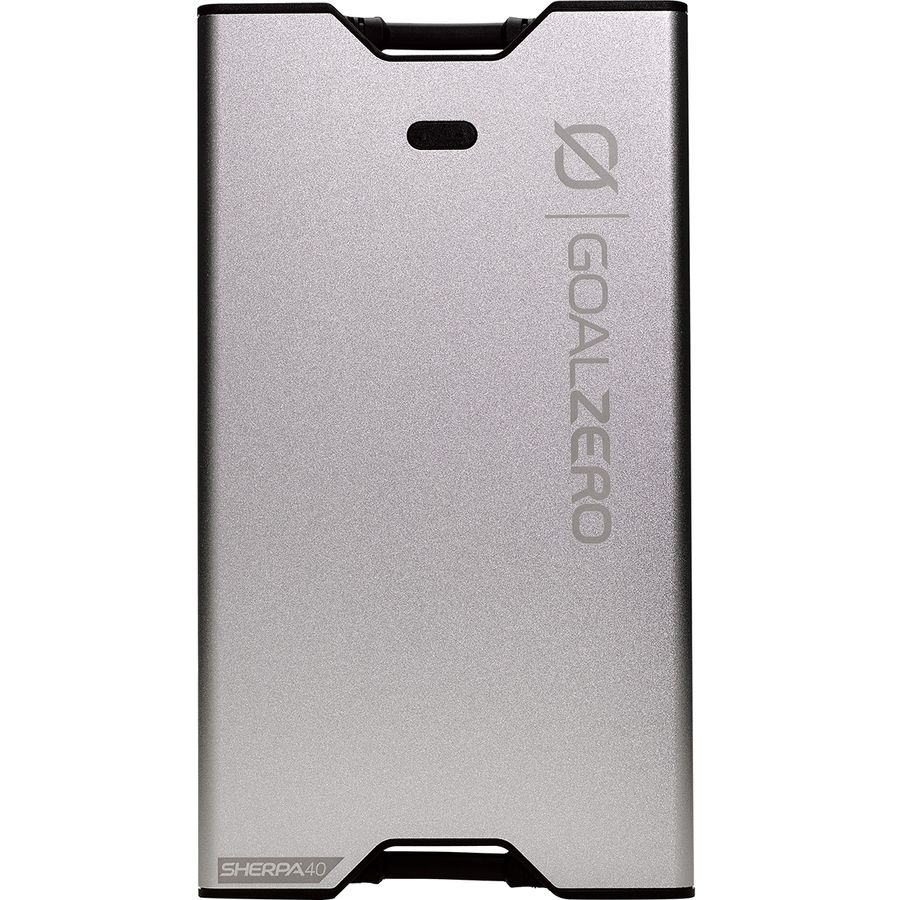
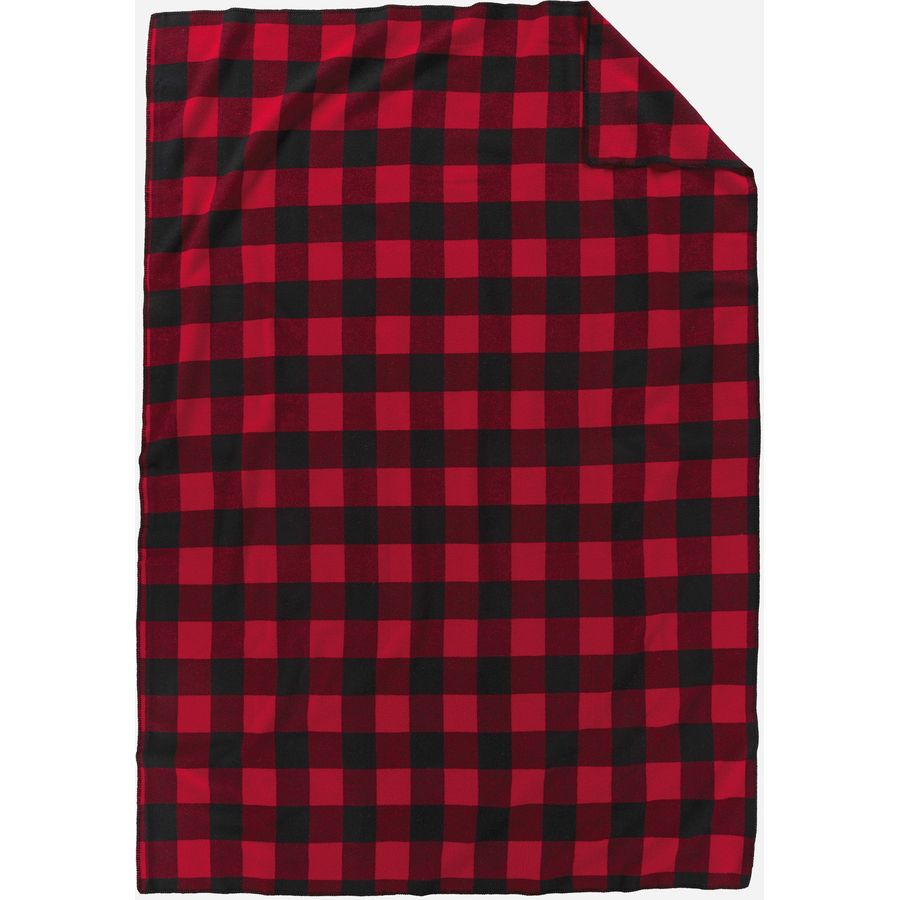
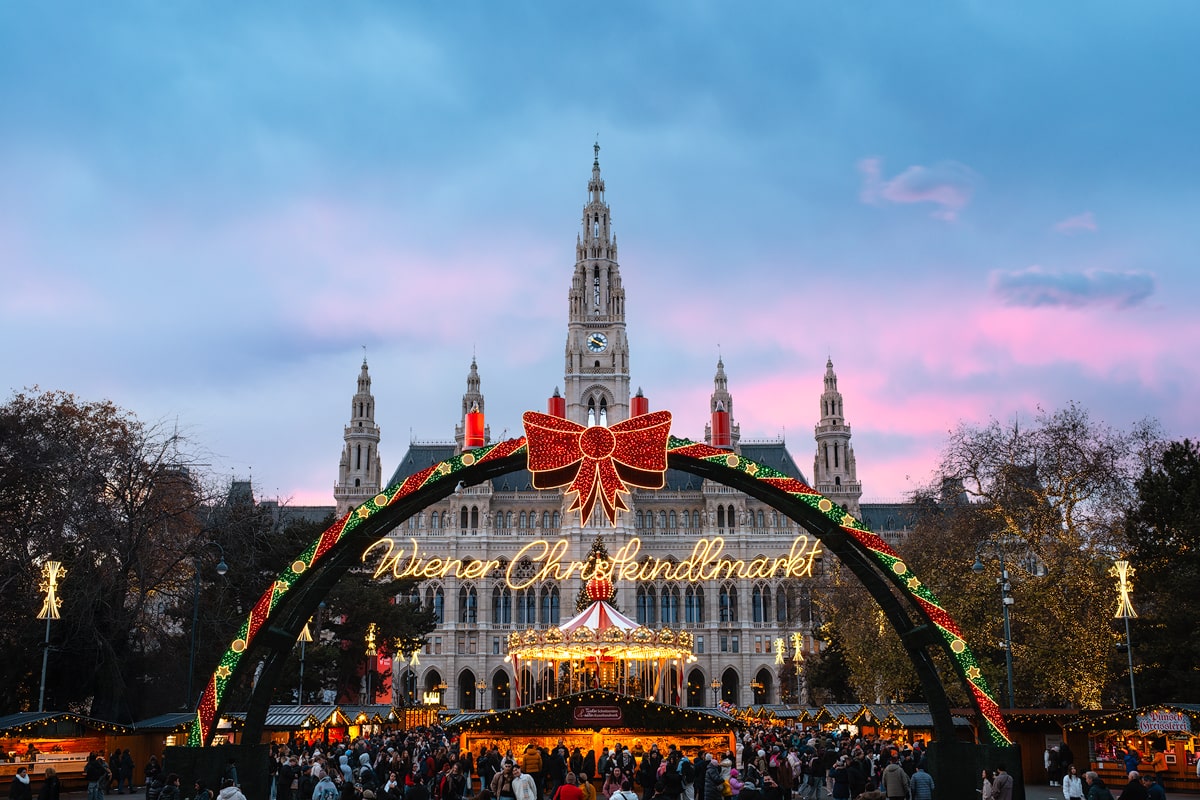
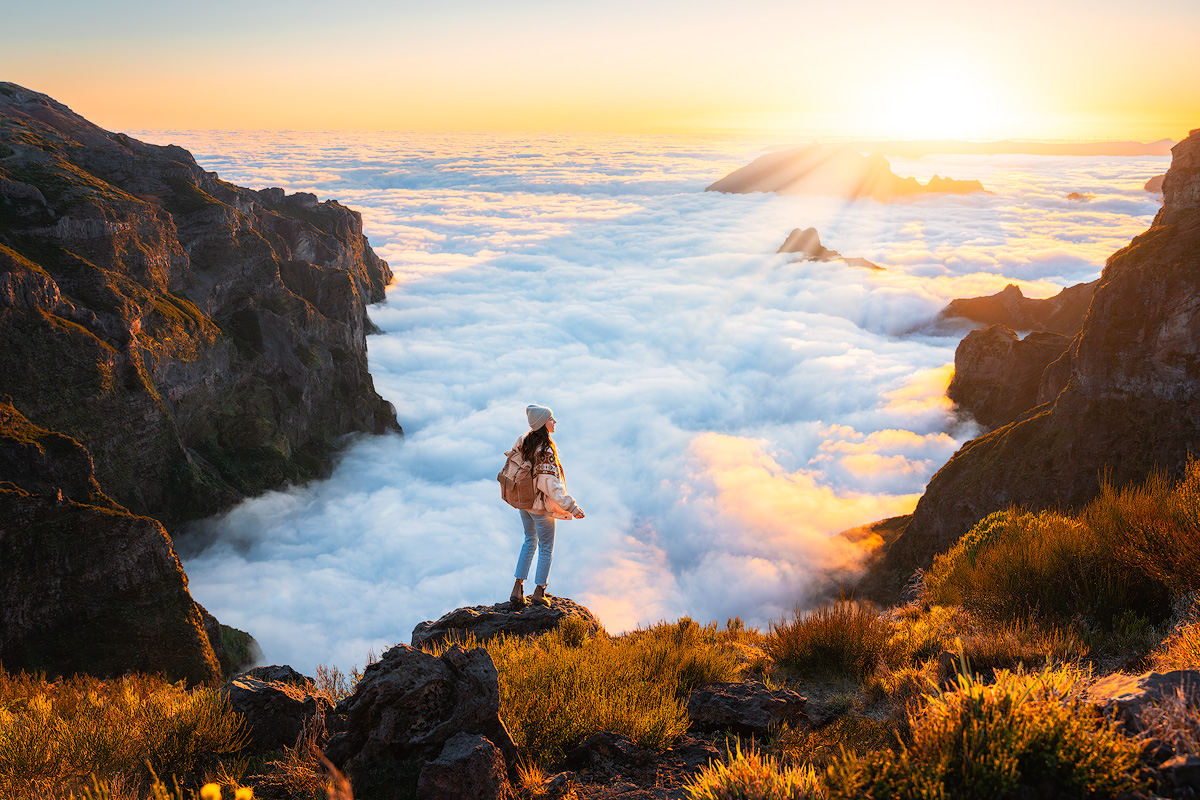
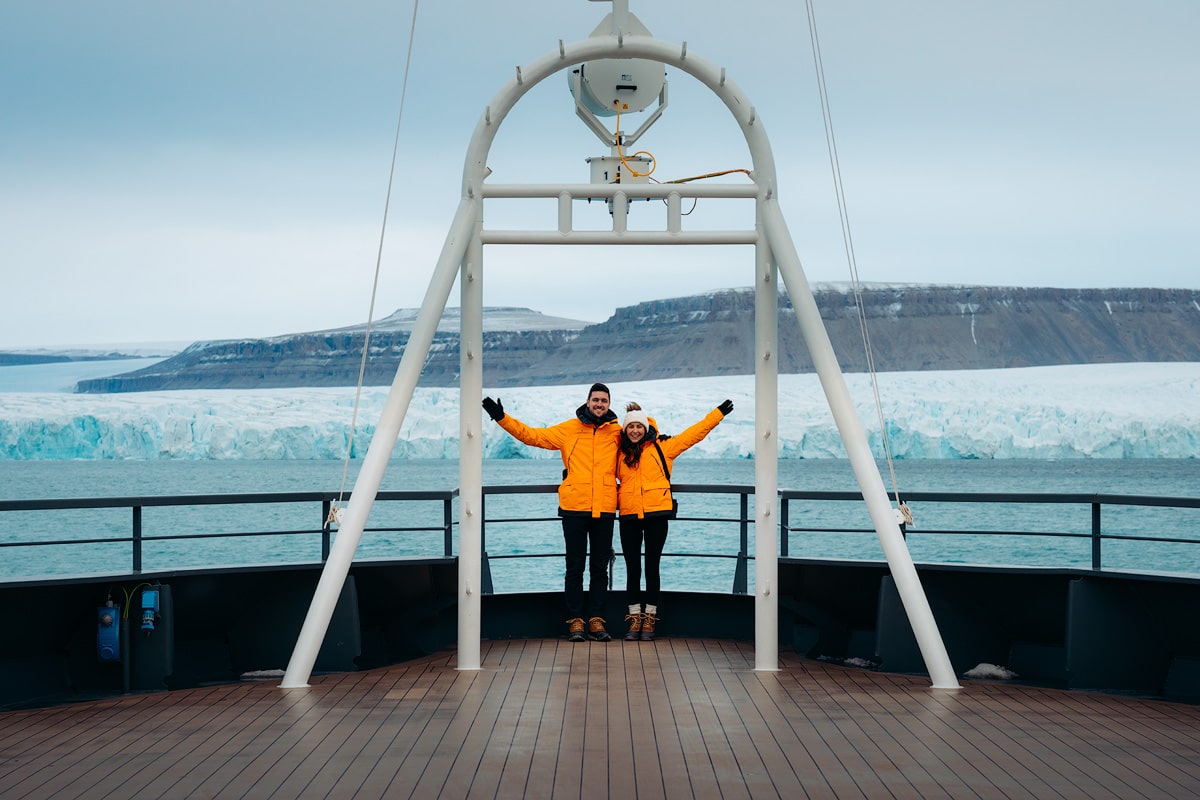

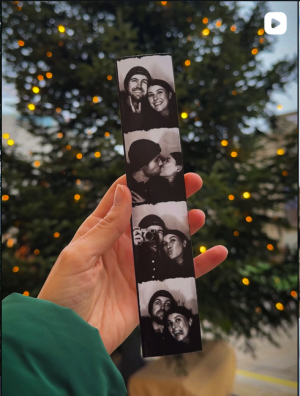
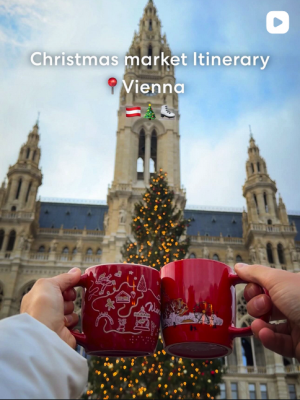
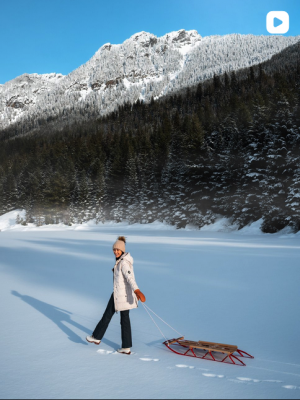
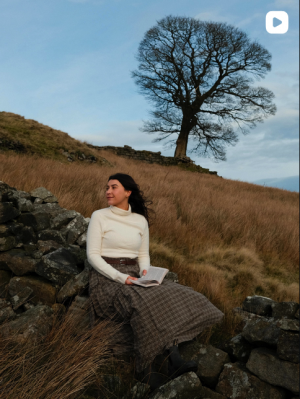
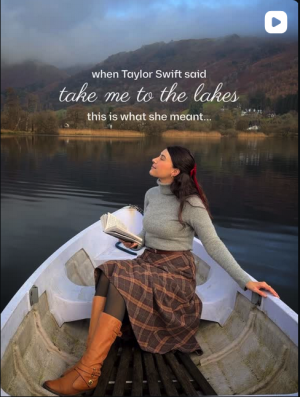
Beautiful pictures and so many good tips! It wasn’t in the plan for this year but i now have to go! 🤣
Having adequate outfit is definitely for me. I had a share amount of terrible stories when packing not the most appropriate shoes. 🙂
This is a very useful post, thanks! 🙂
Lots of useful tips in your blog Renee and as usual gorgeous pics.